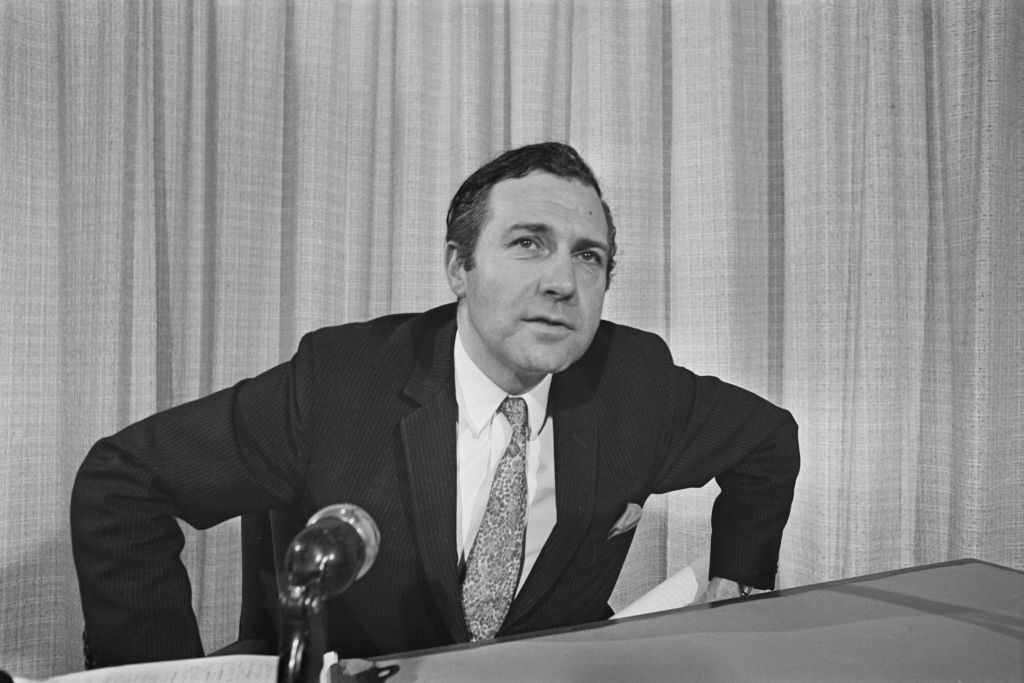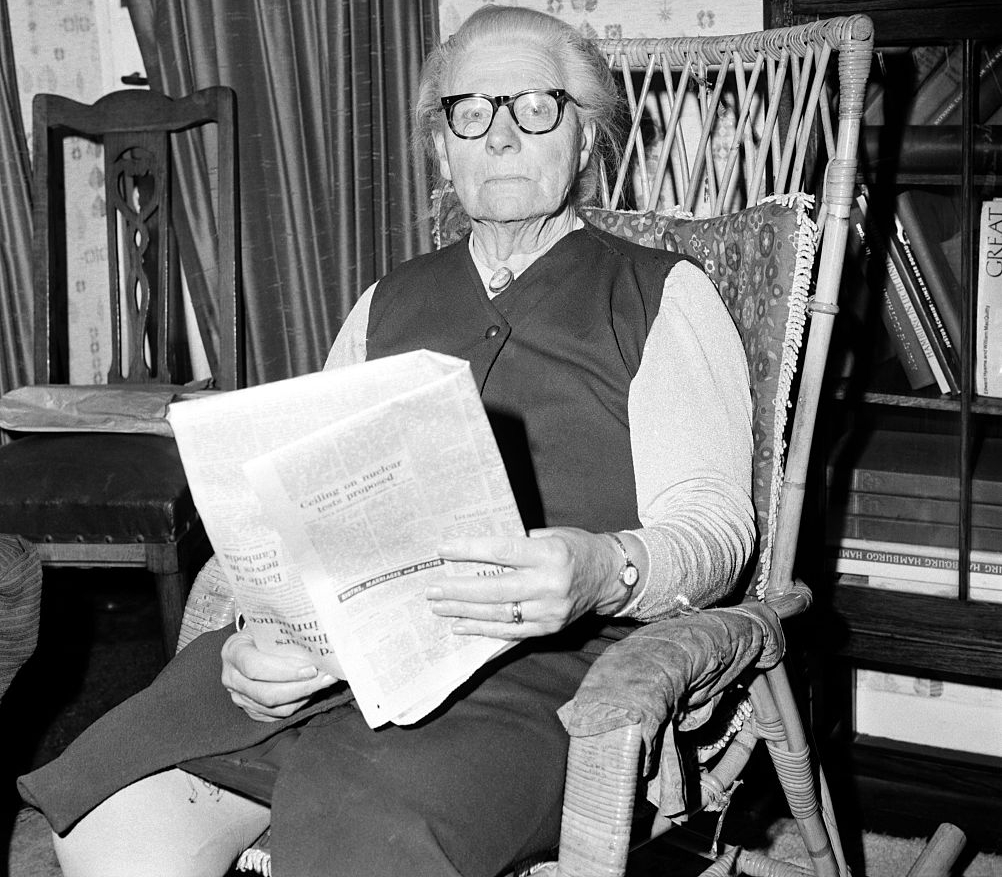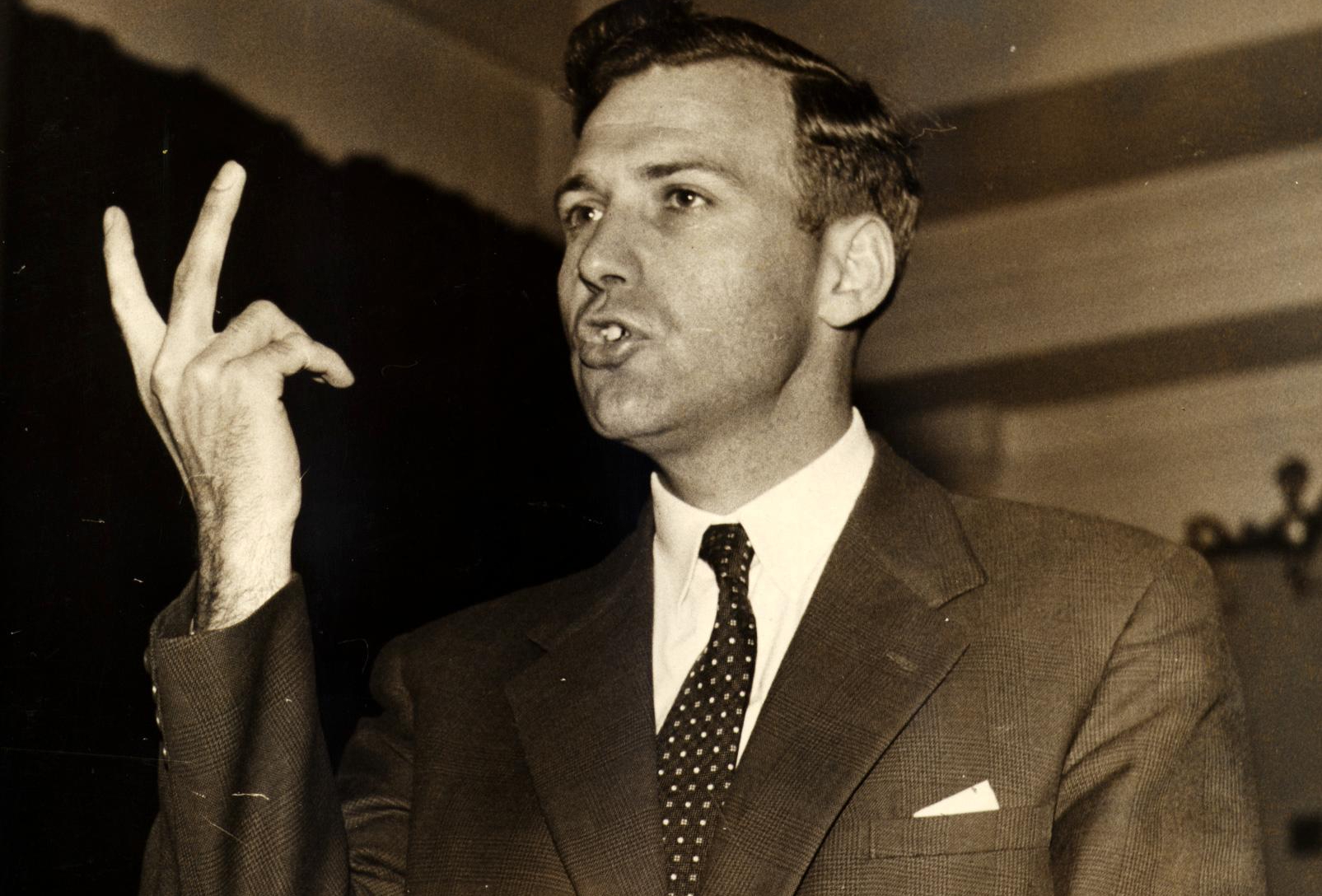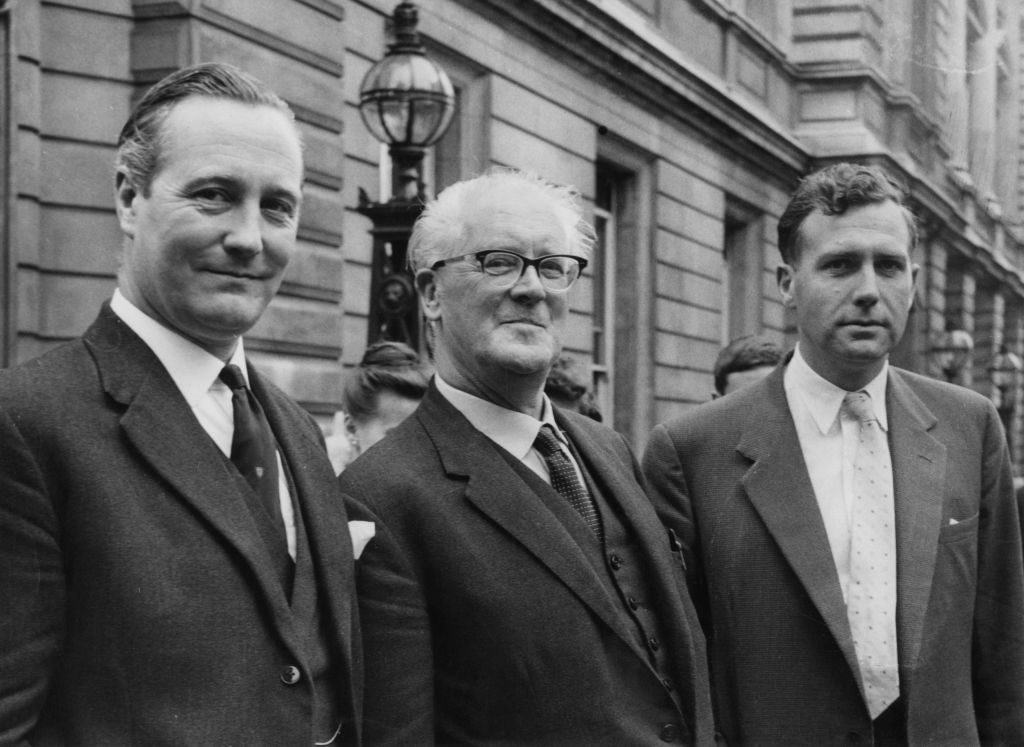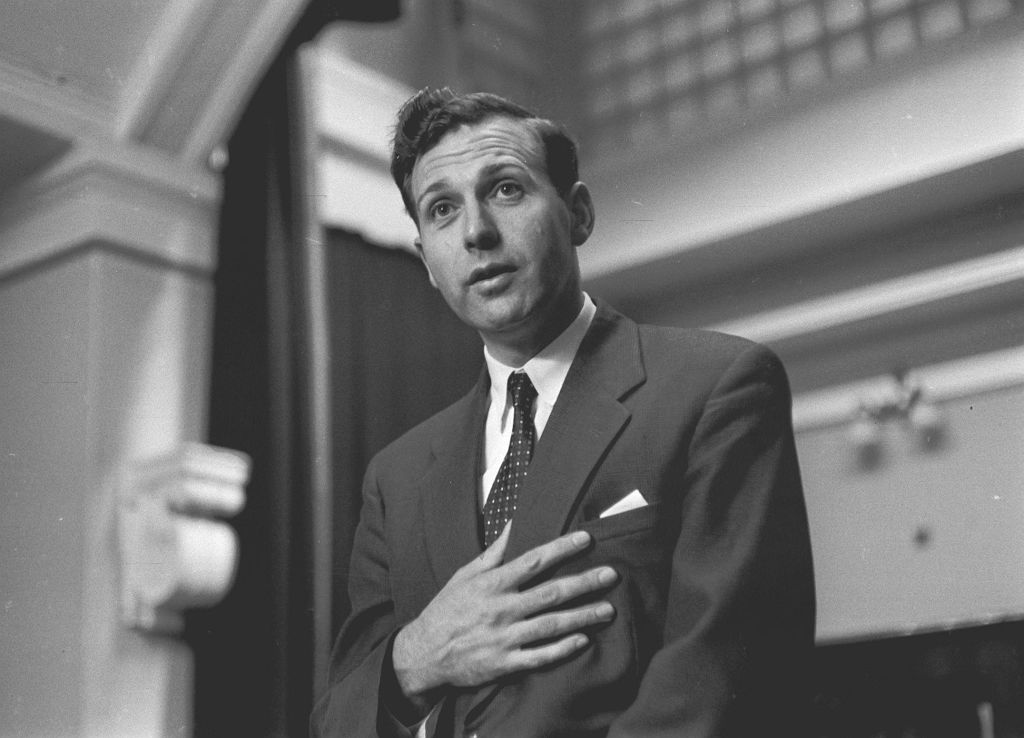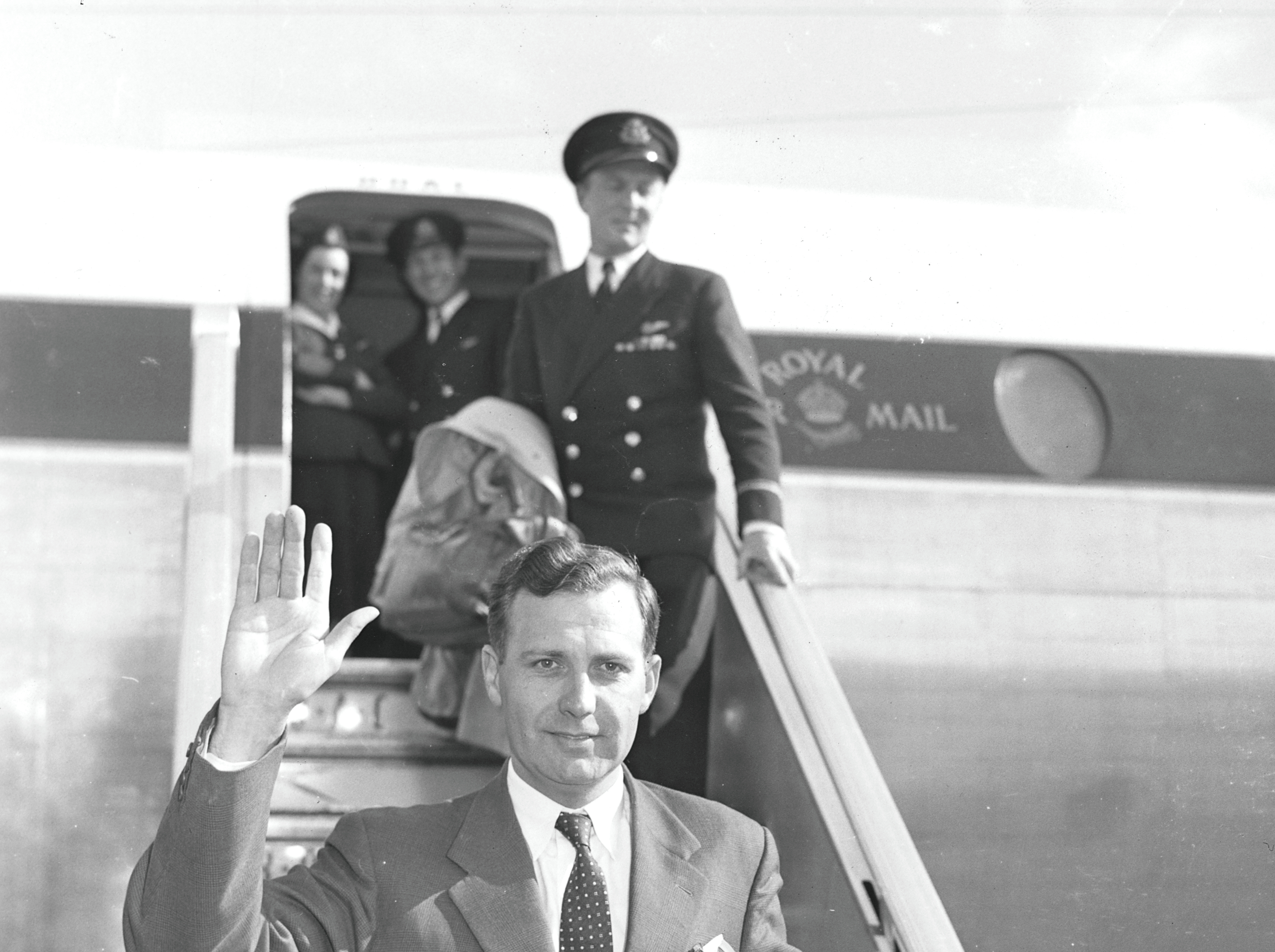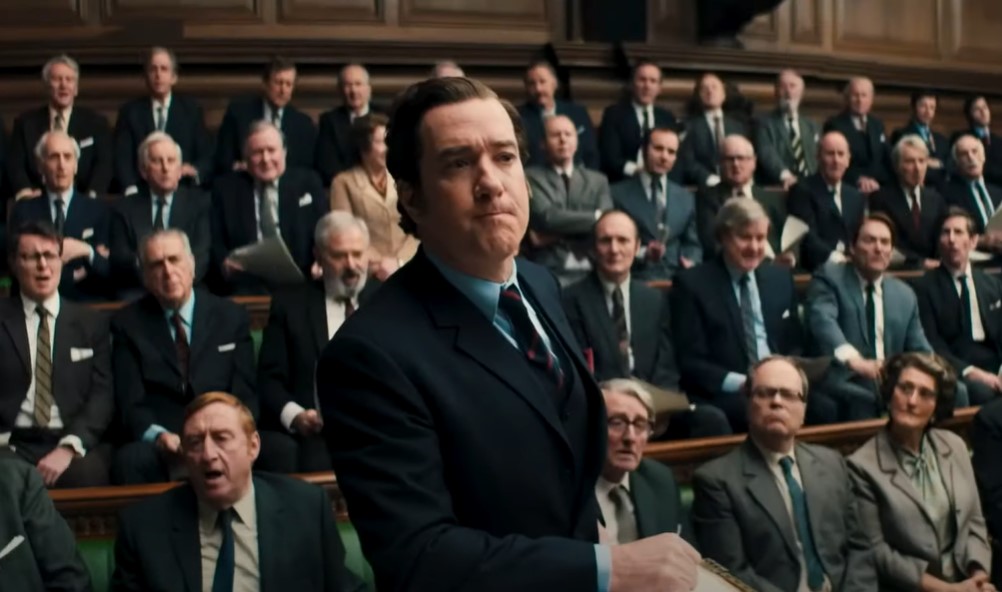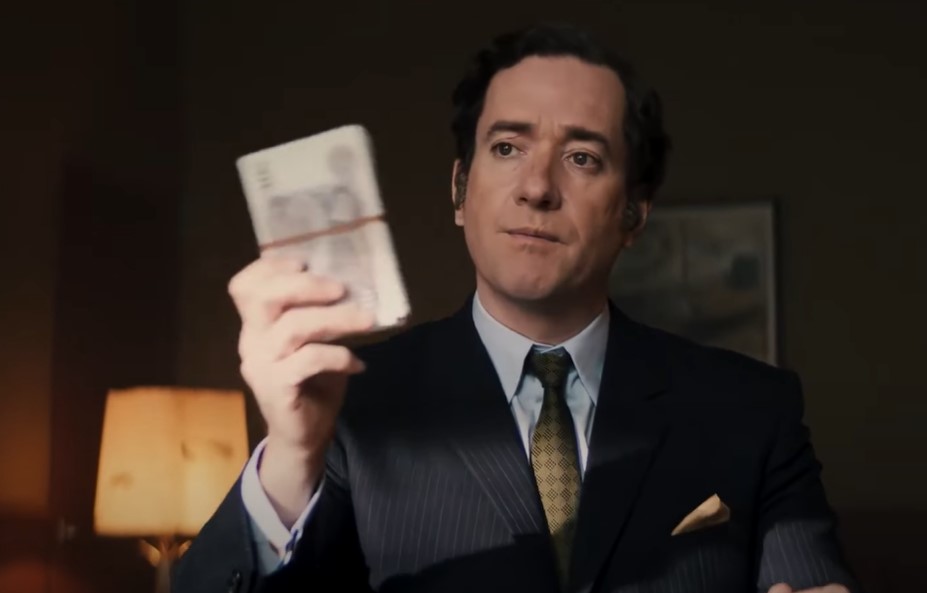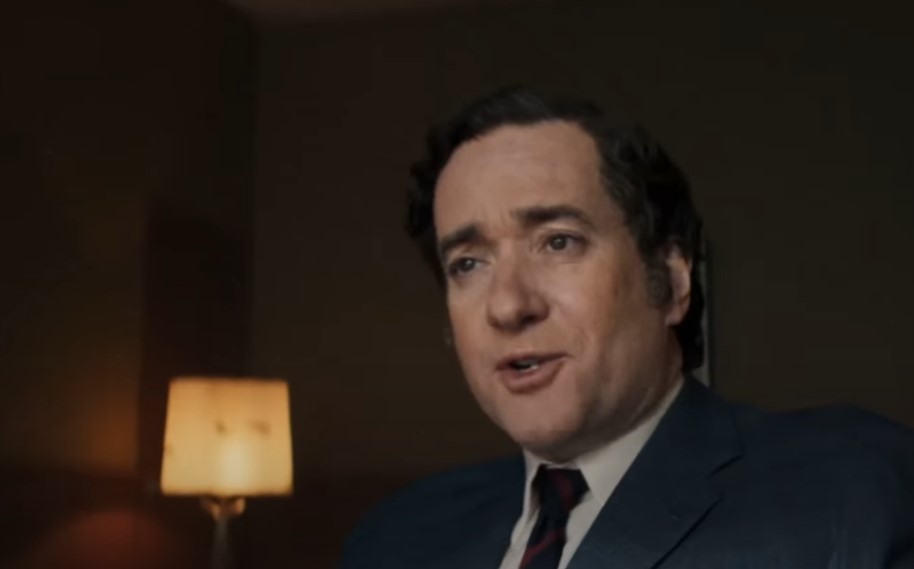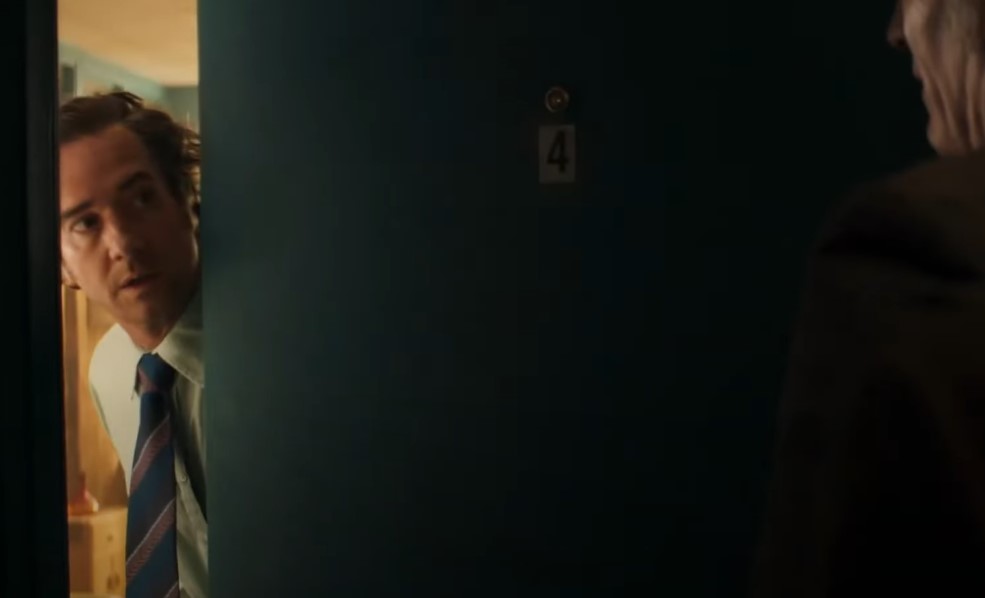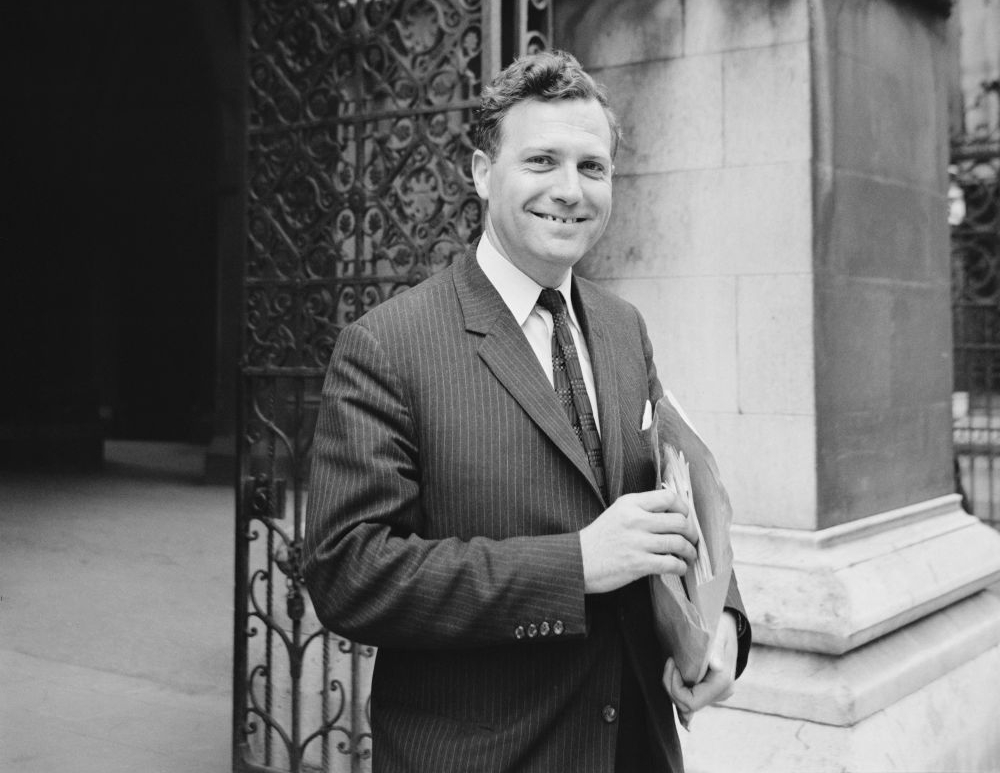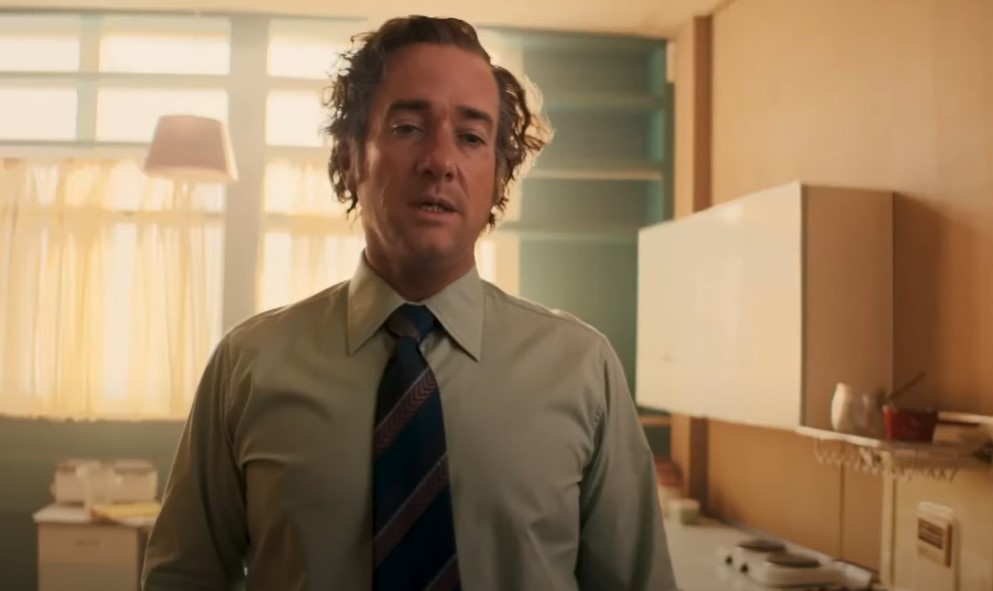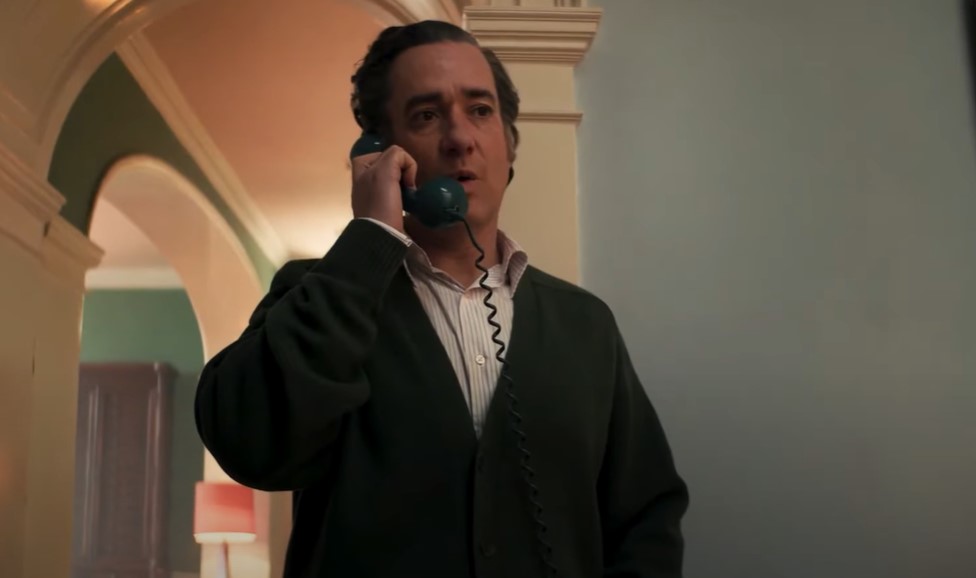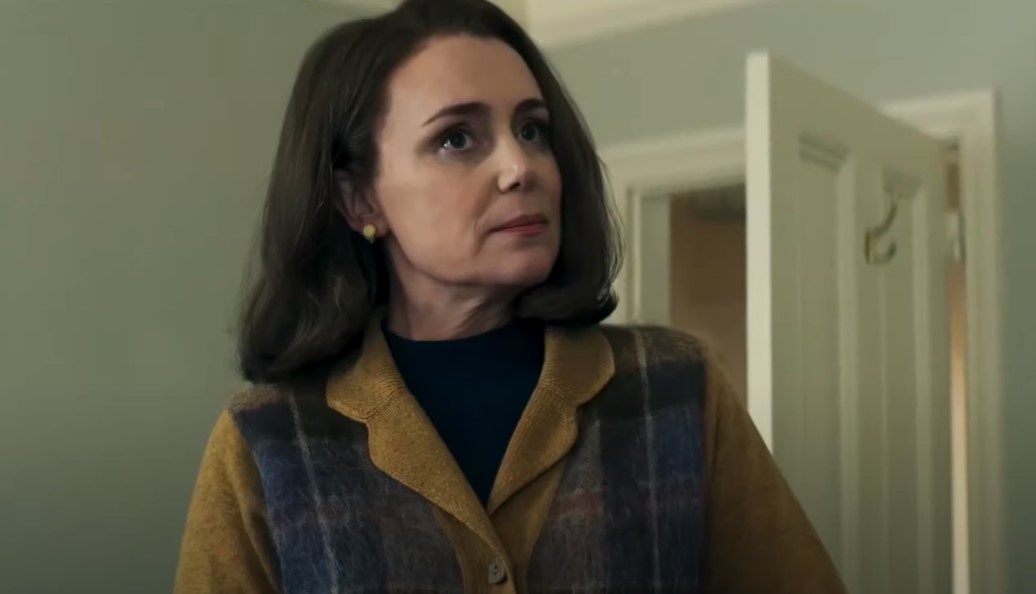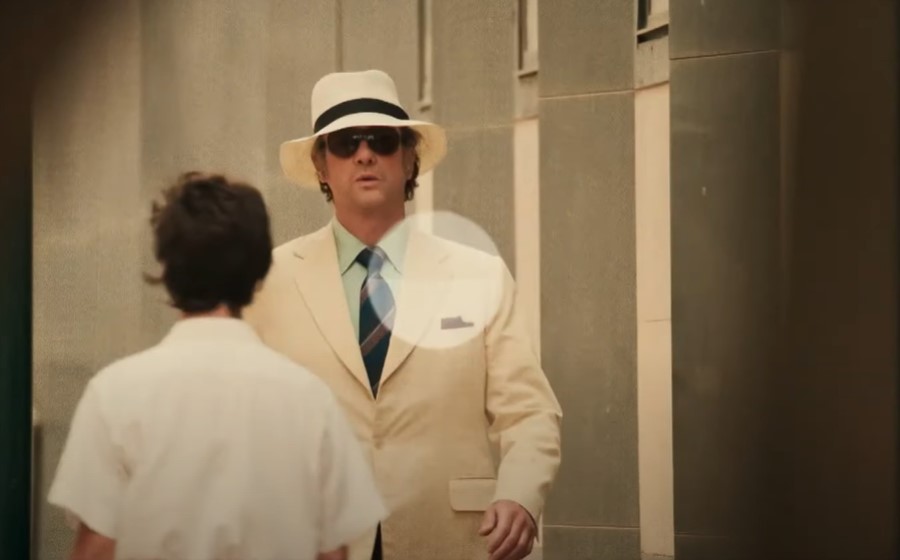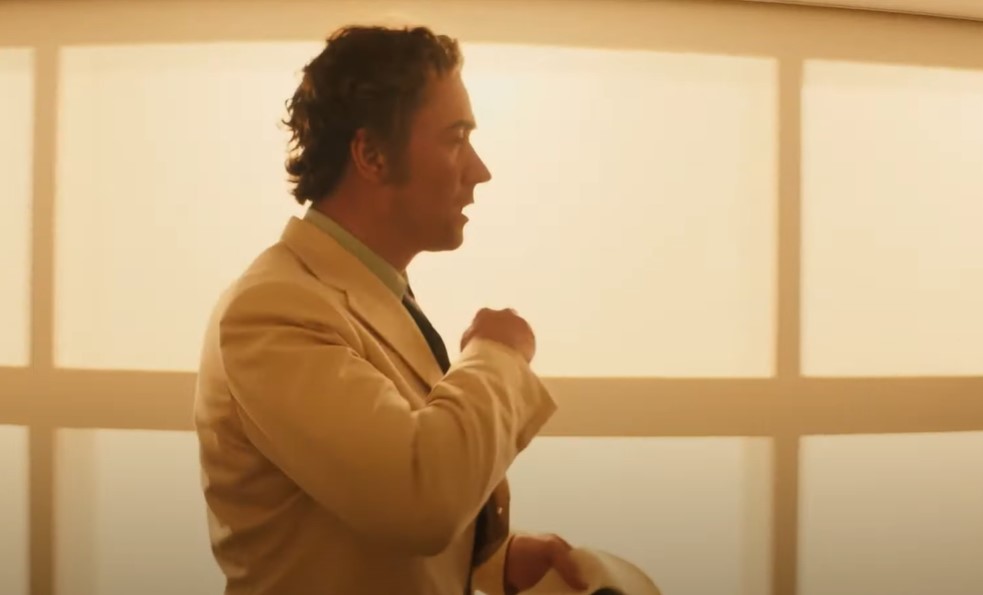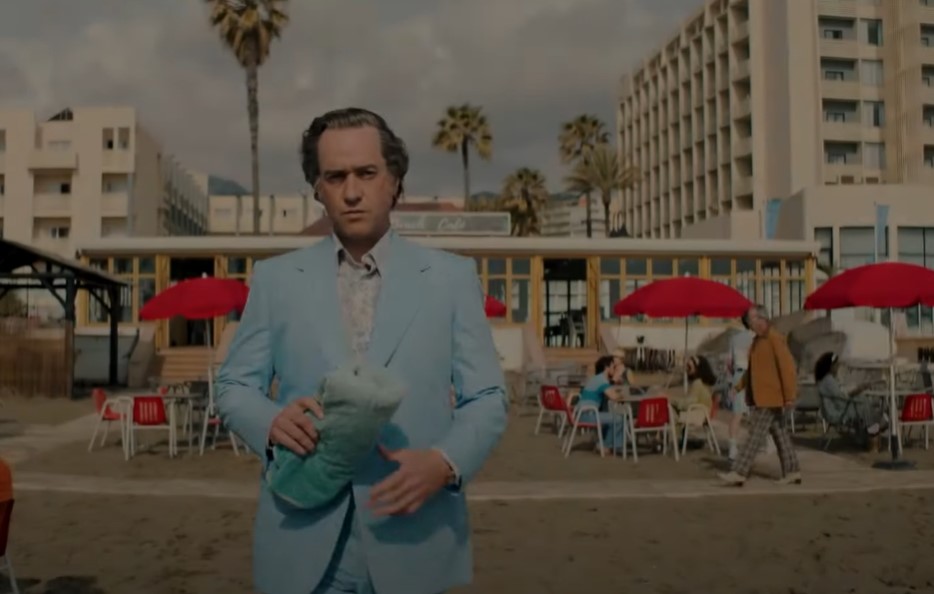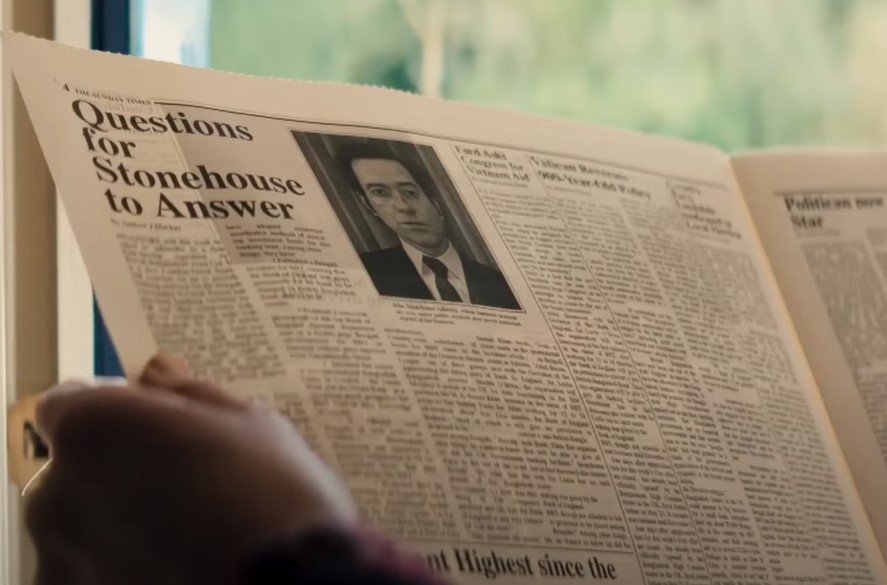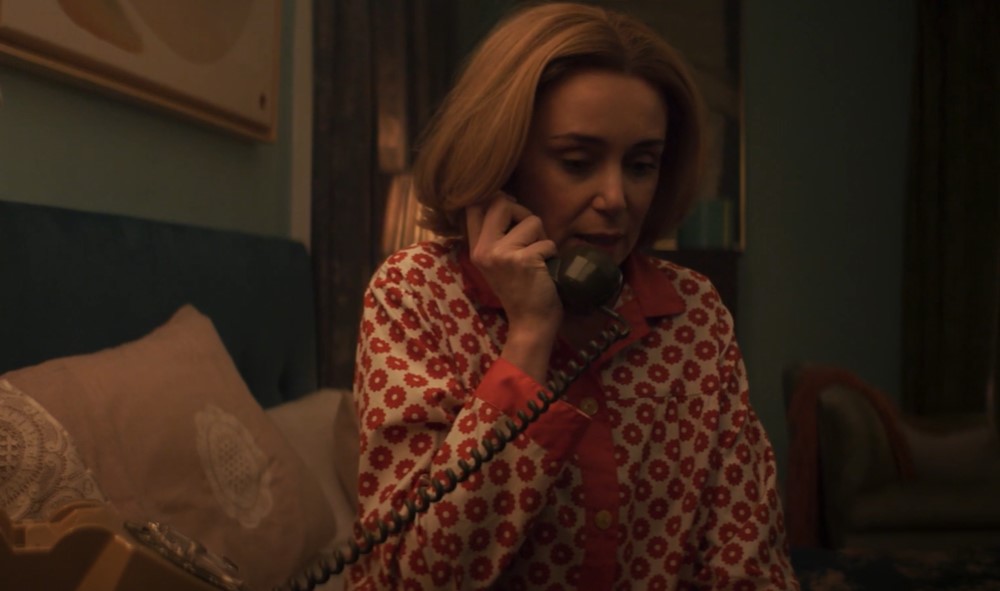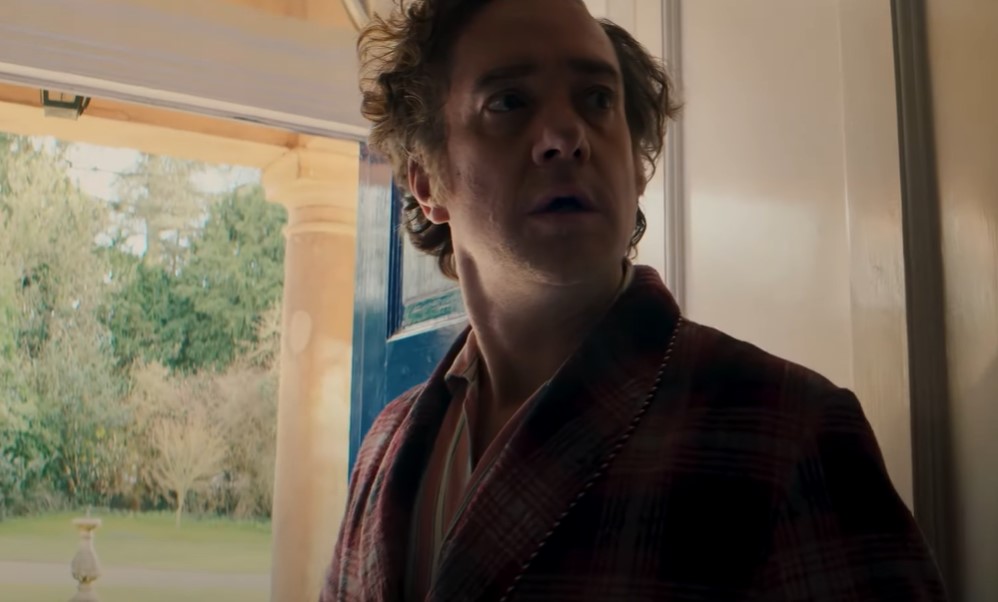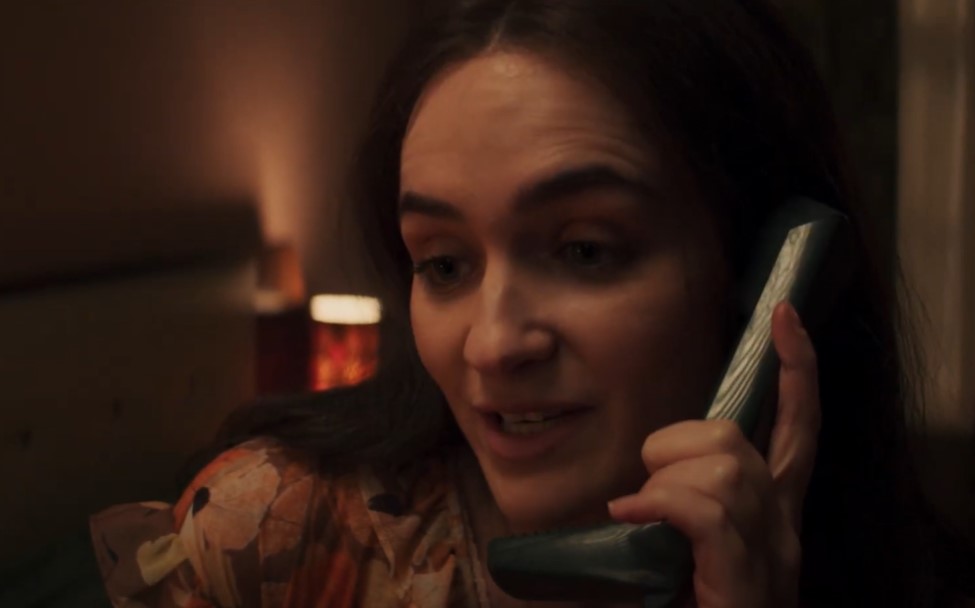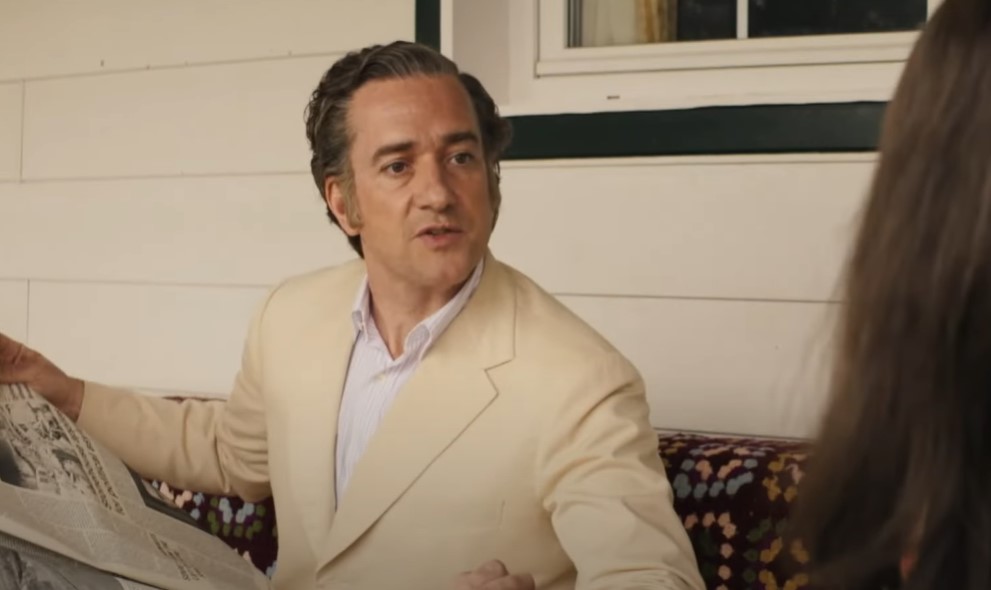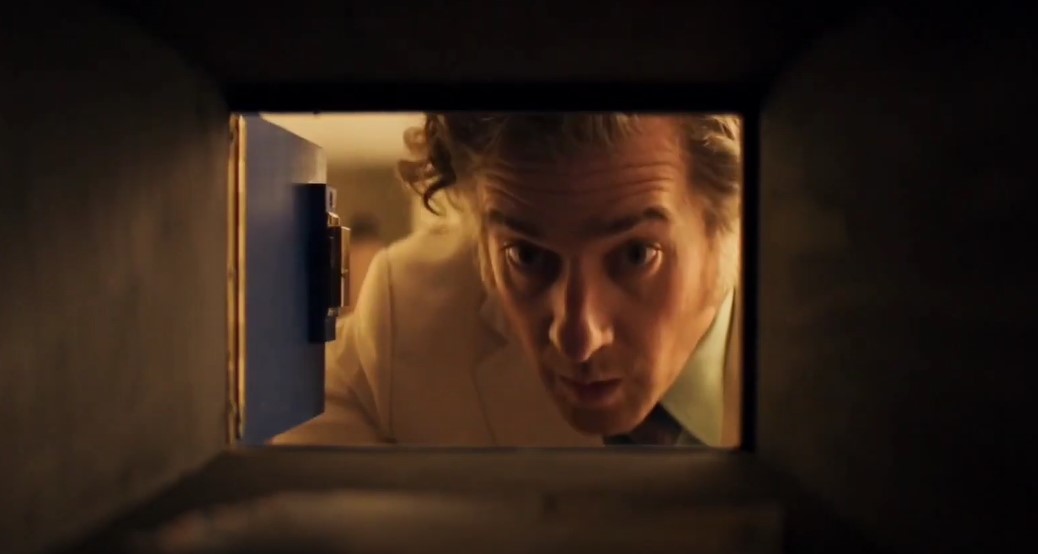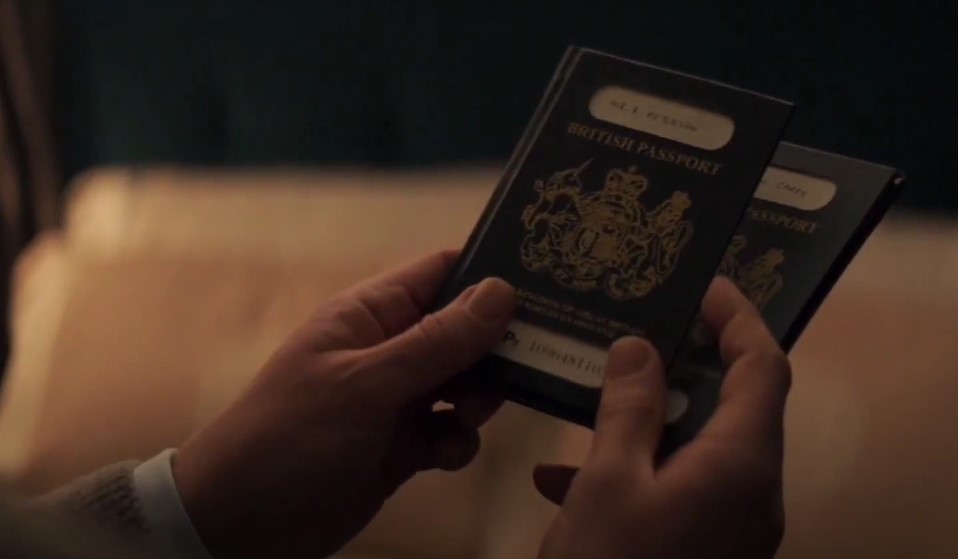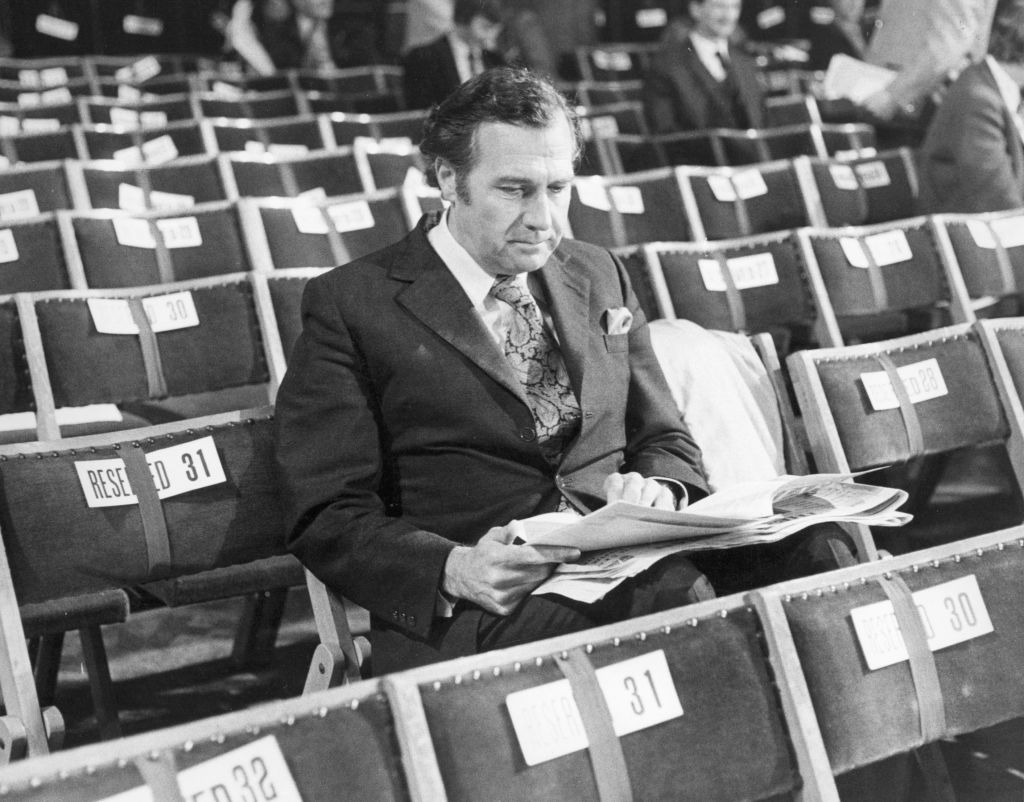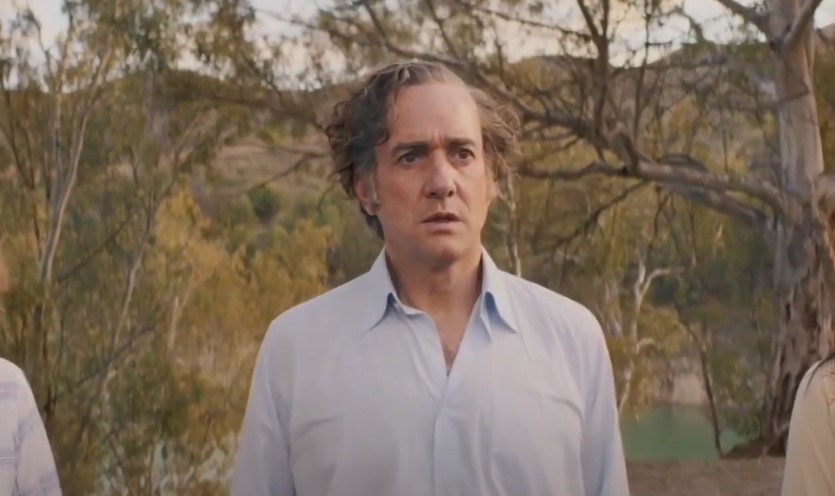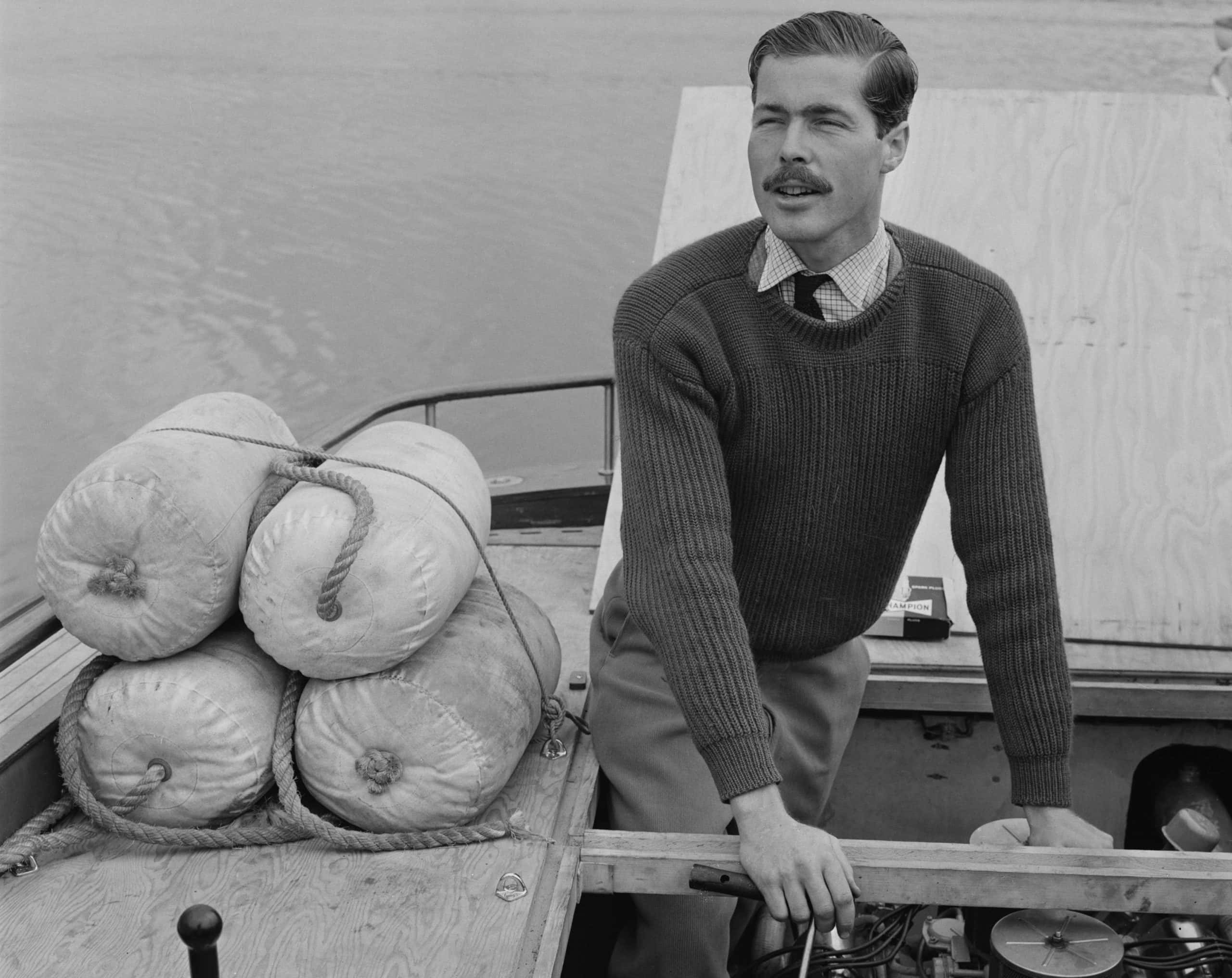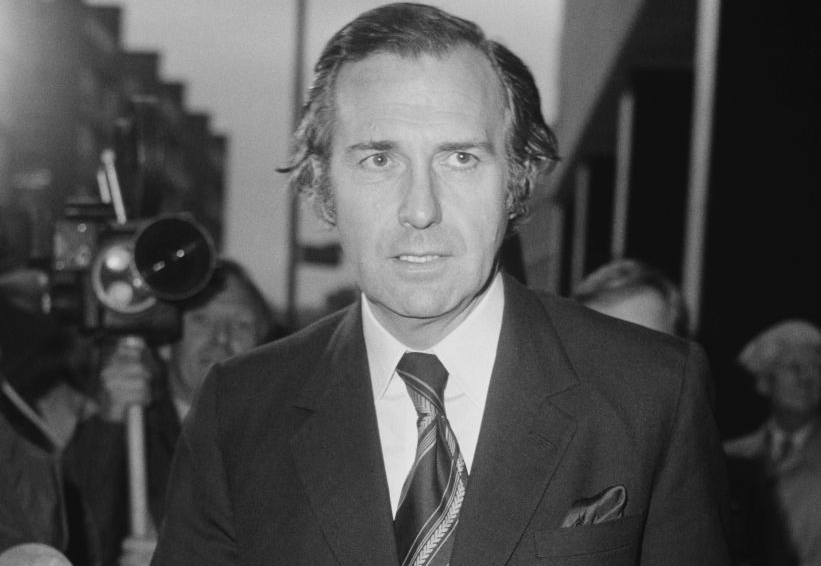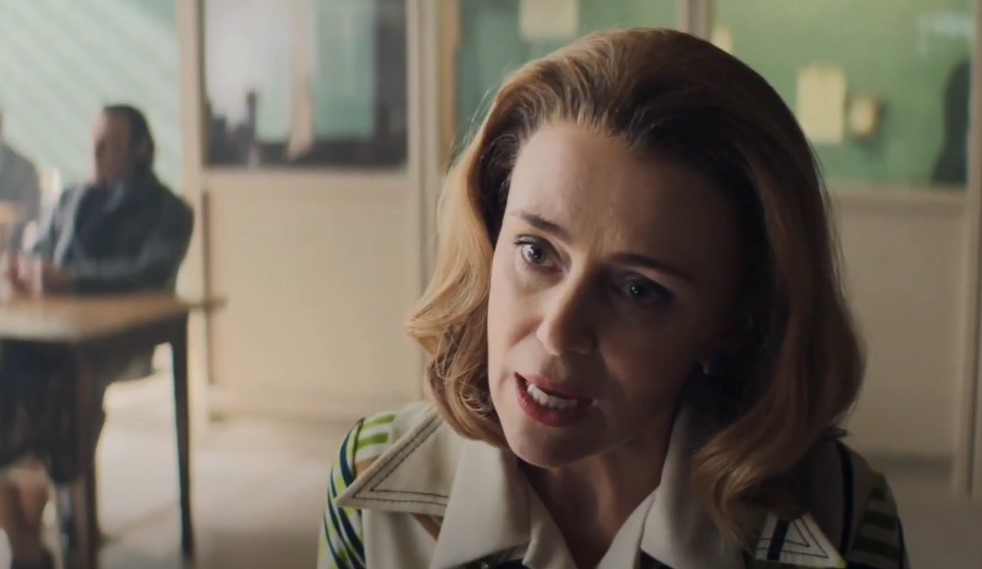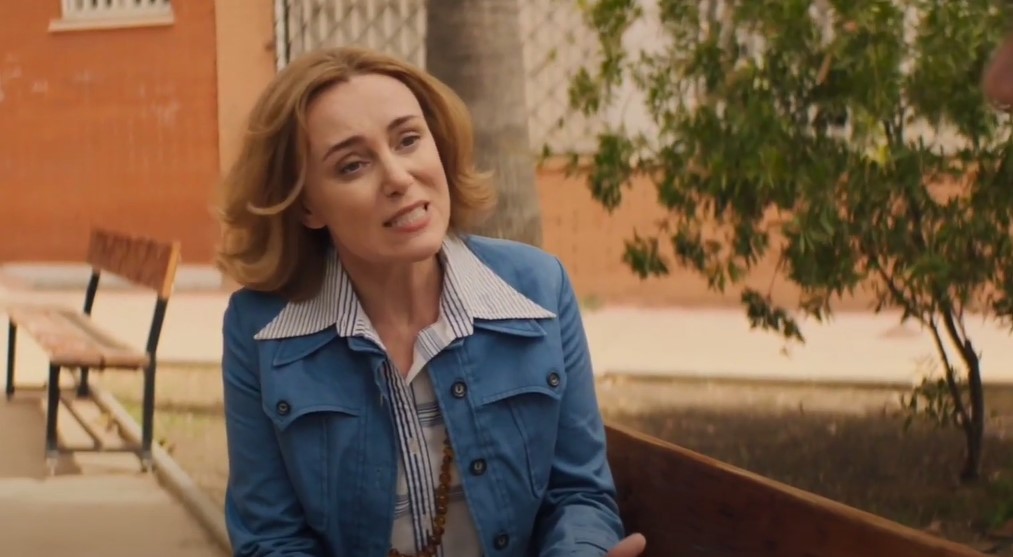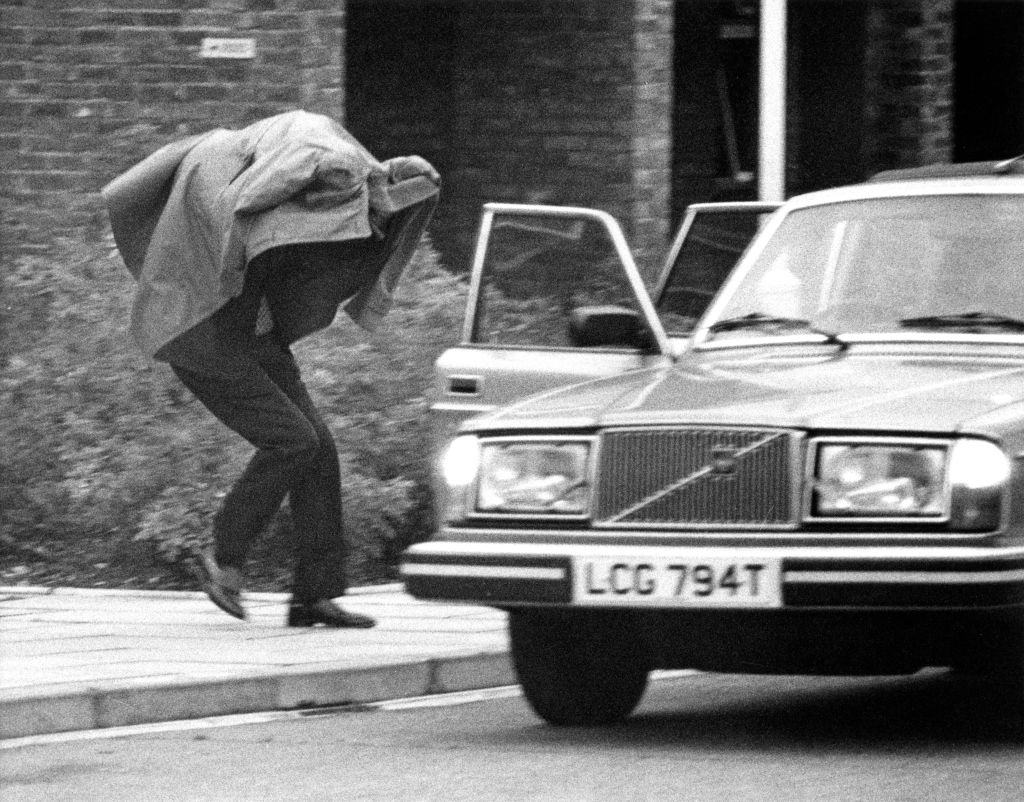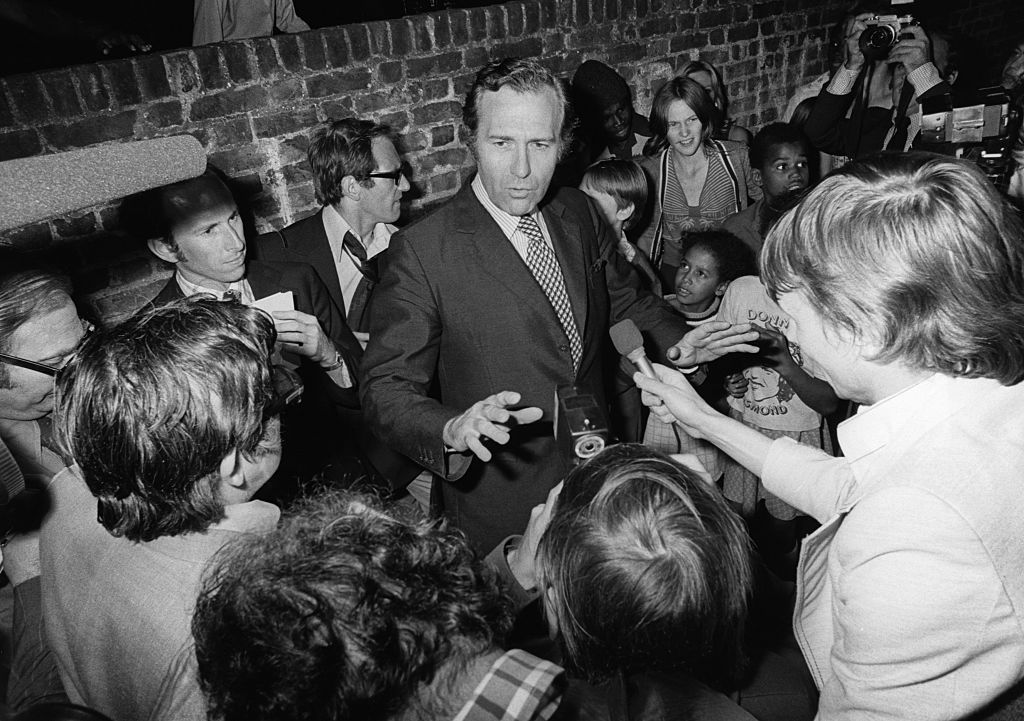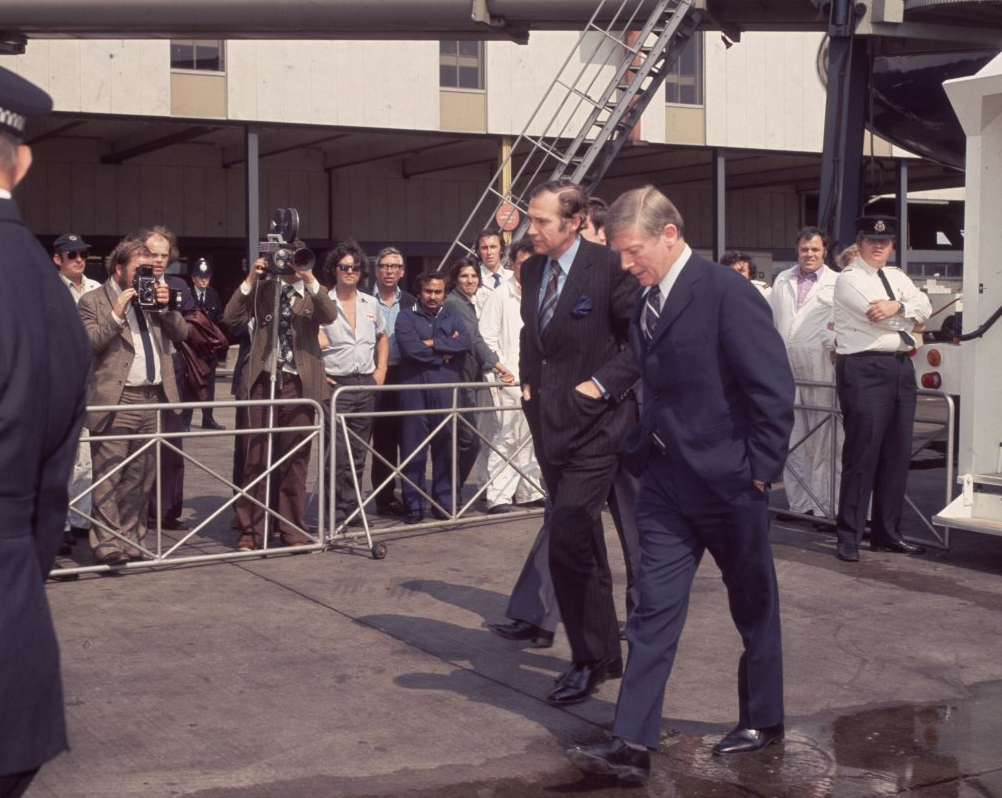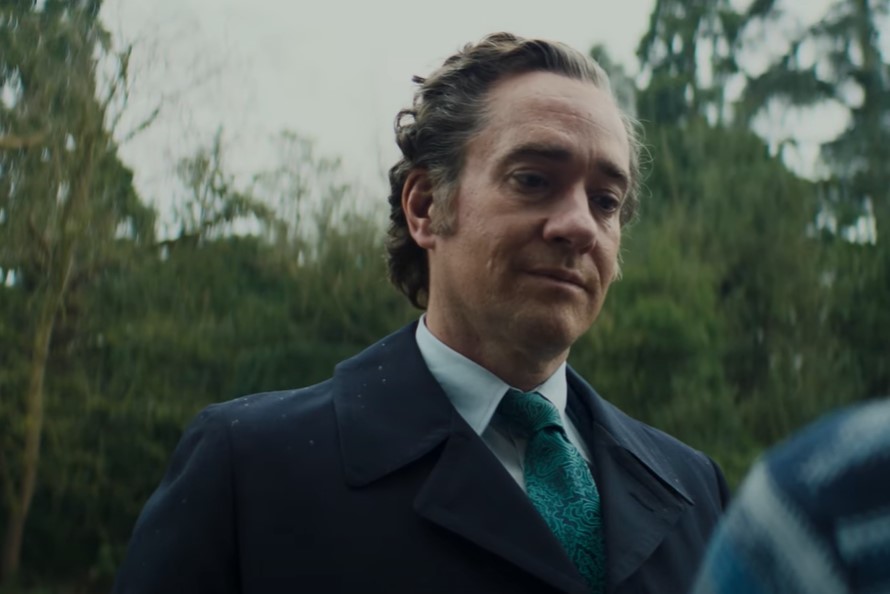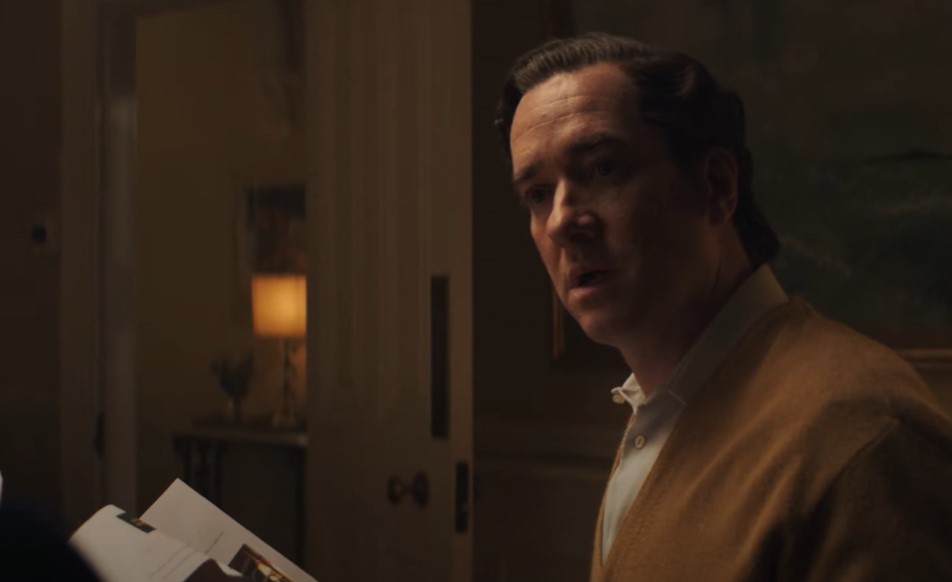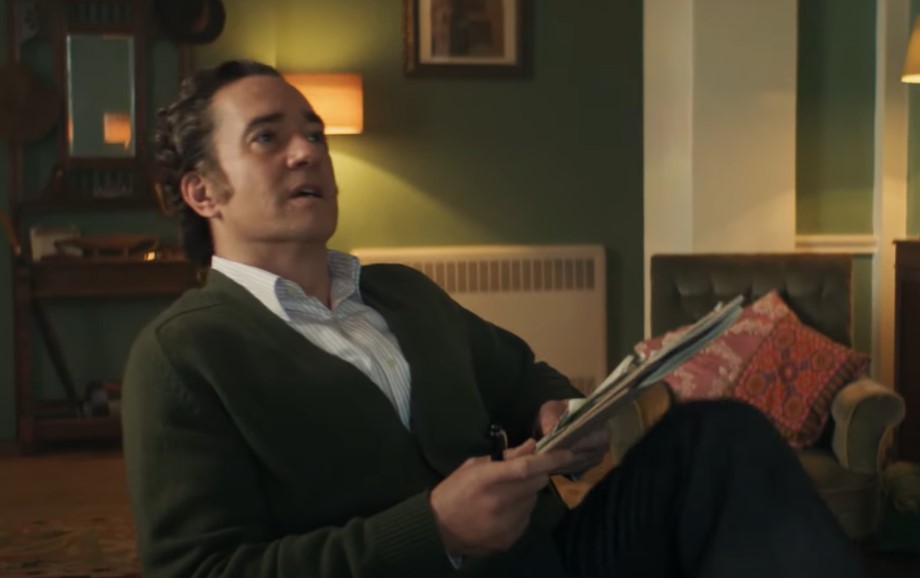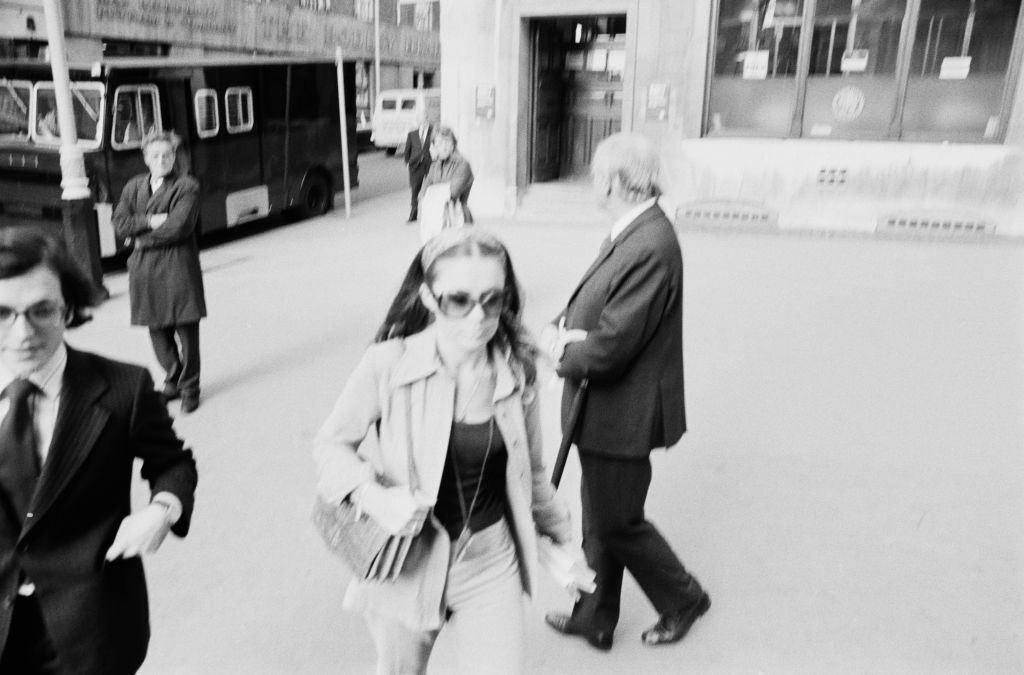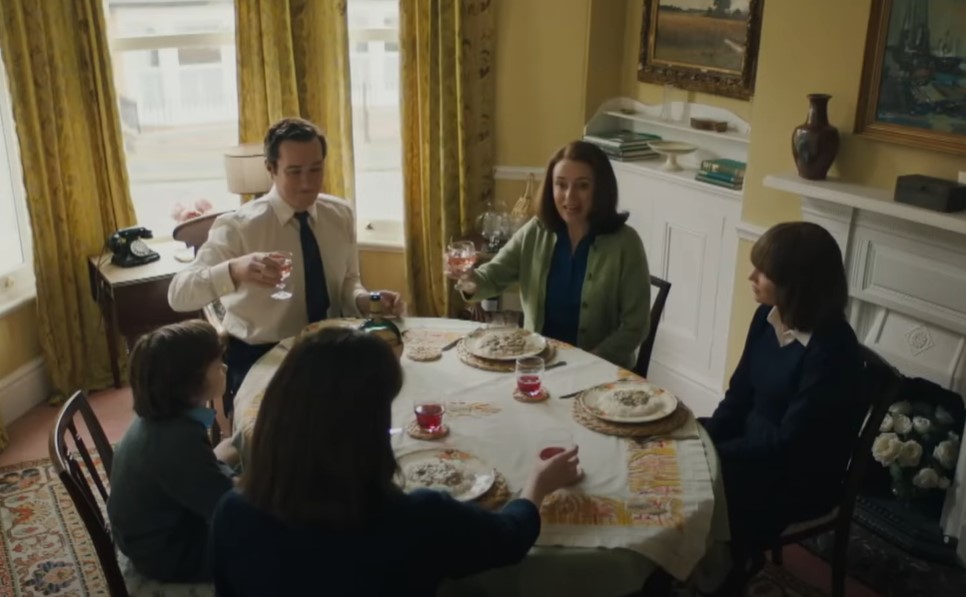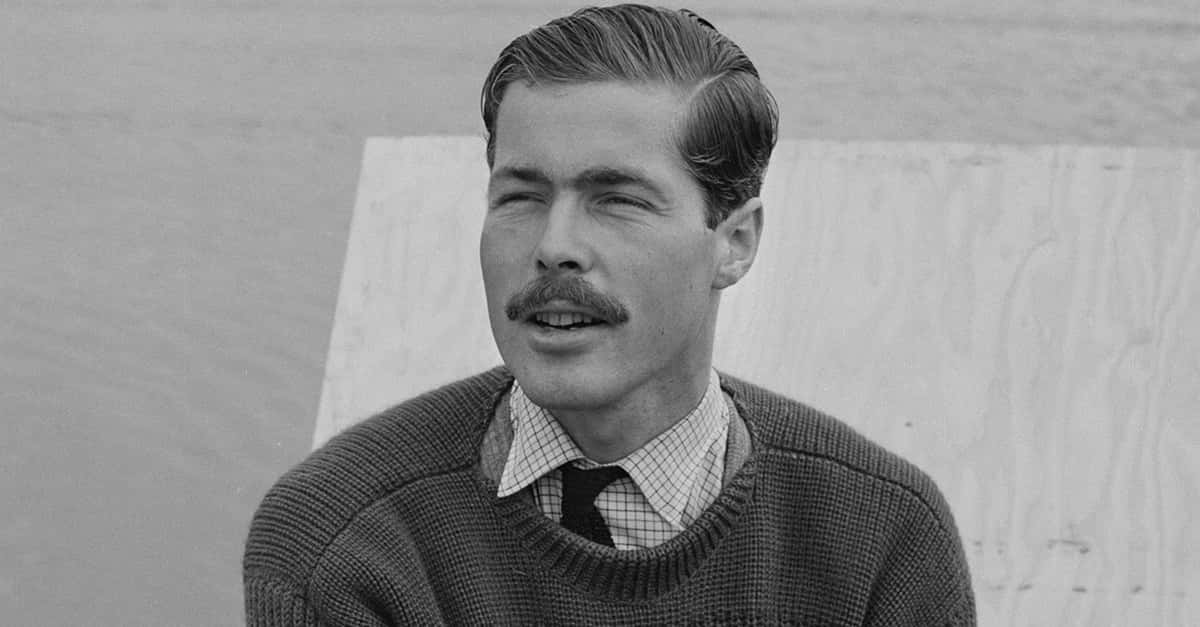John Stonehouse was a British Member of Parliament—or Czech spy—who faked his own disappearance. His reemergence, however, was even more scandalous.
1. He Was A Mystery Man
When the British Member of Parliament, John Thomson Stonehouse, vanished into thin air in 1974, he caused a scandal unlike any other. But when he reemerged a short time later, he left everyone wondering whether they ever really knew him at all.
Had he just suffered a psychotic break? Or was he, indeed, a Czechoslovakian spy and con artist extraordinaire?
2. He Was Ambitious—And Amoral
John Stonehouse was the youngest of four children born to William Mitchell Stonehouse and Rosina Marie. Right out of the gate (or the womb) he found himself traveling in powerful political circles. His mother, who had worked her way up from scullery maid, was mayor of Southampton. He inherited her love for politics, but not her honest work ethic.
3. He Wanted…Something?
John Stonehouse always wanted fame. Or power. Or money. Or excitement. Actually, no one really knows what he wanted but it was obvious from the beginning that he wanted something—and he didn’t really care how he got it. One of his classmates at the London School of Economics recounted some disturbing facts from his early years.
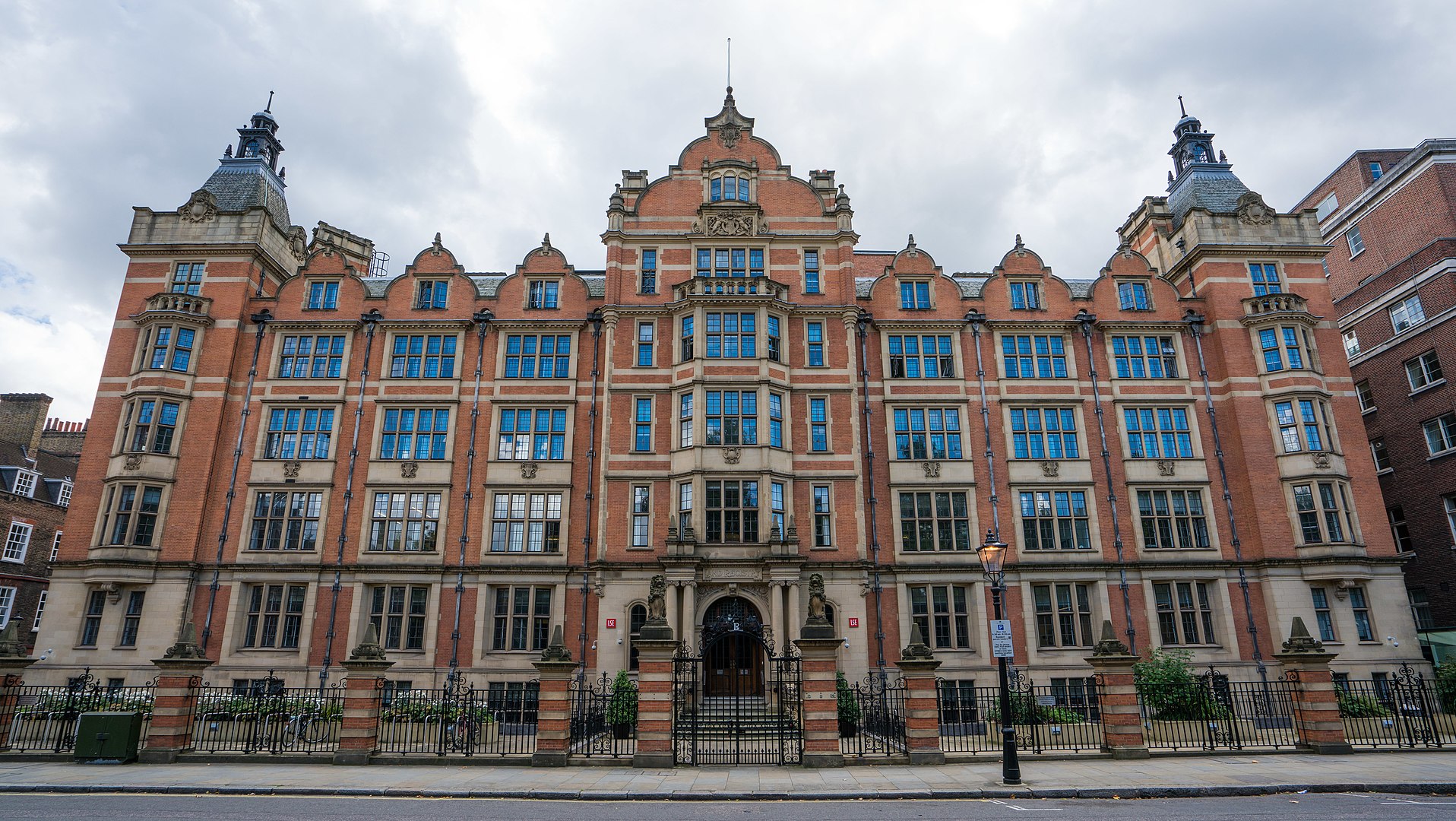 Alastair Campbell, CC BY-SA 2.0 , Wikimedia Commons
Alastair Campbell, CC BY-SA 2.0 , Wikimedia Commons
4. He Always Dreamed Of Being In Parliament
Sir Bernard Crick, a prominent political scientist, attended LSE as one of Stonehouse’s classmates. He recalled that Stonehouse seemed to have a preoccupation with gaining political office. As Crick recalled, “his [Stonehouse’s] conversation was openly and restlessly about how best to get a parliamentary seat”. He was almost suspiciously obsessed with it.
5. He Was A “Lord”
Stonehouse’s obsession with status led to a tongue-in-cheek nickname. It was something of a back-handed compliment that followed him throughout his career. His classmates at LSE called him “Lord John”. They probably should have called him “Lord Disappeared”. Or “Lord Spy”. In the end, he would have more aliases than he knew what to do with anyway.
6. He Found His Way
Stonehouse managed to find his way into the upper echelons of power. After running two unsuccessful campaigns, he became the Labour Co-operative Member of Parliament (MP) for Wednesbury in a 1957 by-election. He showed a great deal of promise that had some eyeing him for prime minister. But he had an even greater talent for causing trouble.
7. He Was A Civil Rights Champion
Shortly after getting elected, Stonehouse traveled to the Federation of Rhodesia and Nyasaland, where he caused quite a stir. While there, he openly and publicly criticized the ethnically white minority government. He then proceeded to tell the ethnically Black majority that they would have the full support of the Labour Party in standing up for their rights. He didn't exactly foresee the consequences for this...
8. He Had A Row With Rhodesia
While Stonehouse might have come across as a champion of civil rights to some, to others he was a trouble-making demagogue. The Rhodesian authorities weren’t exactly keen on his criticism of their government. Following his inflammatory remarks, he had to deal with the aftermath.
They deported Stonehouse and banned him from ever returning to the country. It wouldn't be his last gaffe, either.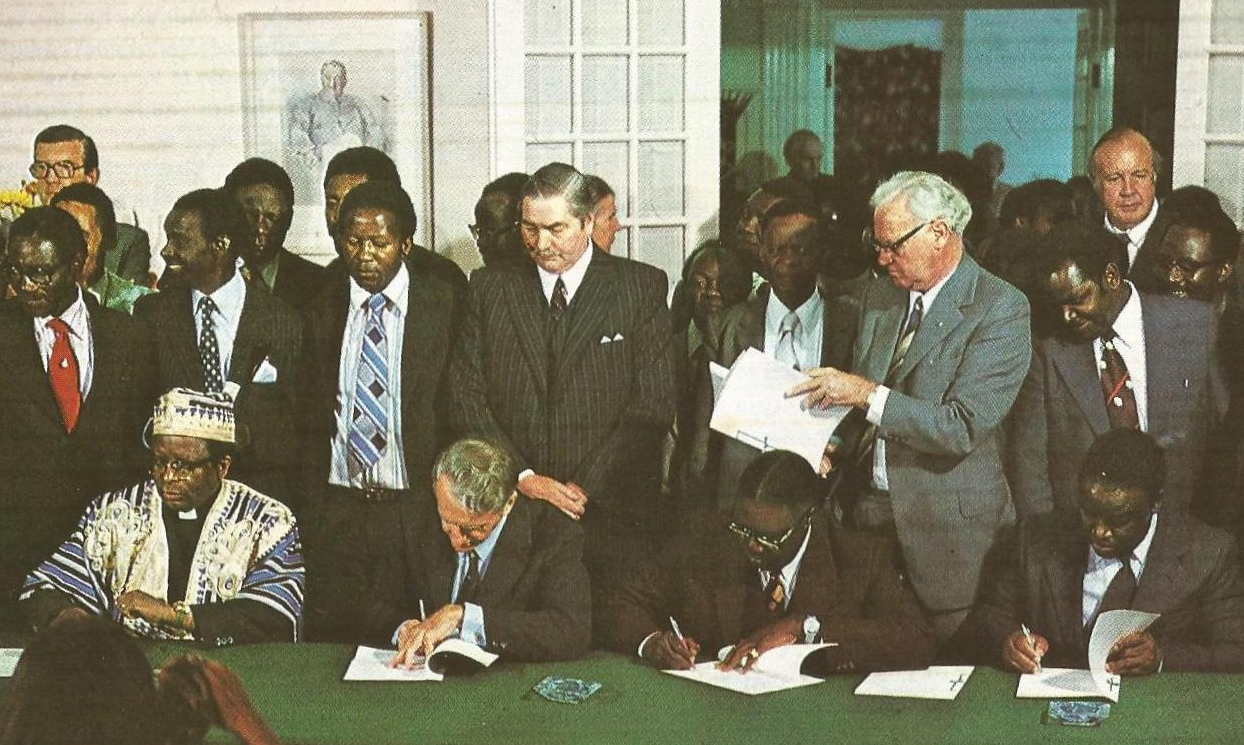 Government of Rhodesia, Wikimedia Commons
Government of Rhodesia, Wikimedia Commons
9. He Was Flying High
Despite this early setback, John Stonehouse managed to rise through the ranks of the British Labour Party. His anti-colonial and anti-apartheid rhetoric landed him a cabinet position as the junior minister of aviation. It wasn’t the most glamorous position—but it did give him access to the purse strings. Frankly, that’s all he really needed.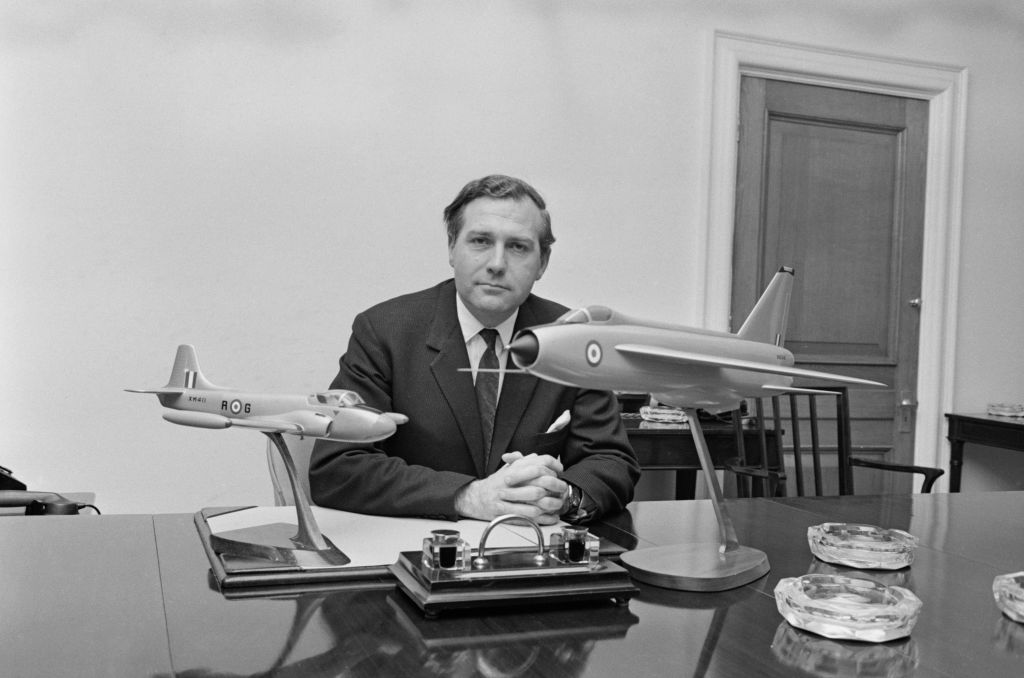 Powell, Getty Images
Powell, Getty Images

Sign up to our newsletter.
History’s most fascinating stories and darkest secrets, delivered to your inbox daily. Making distraction rewarding since 2017.
10. He Was “Czech-ing” Things Out
As the MP for Wednesbury, Stonehouse made a decision that left some people scratching their heads. He twinned his constituency with the Czech town of Kladno. Ostensibly, the odd twinning “provided for the exchange of specialists and information, facilities for study and research in technology”. Really, however, there was something more clandestine at work.
 Miaow Miaow, Wikimedia Commons
Miaow Miaow, Wikimedia Commons
11. He Sold The Goods
After pairing Wednesbury with Kladno, Stonehouse tried to sell British VC-10 commercial airplanes to the small Czech town. But nothing was as it appeared with Stonehouse. In reality, the curious pairing of the two disparate regions had a far more surreptitious origin than simple commercial aviation. It was, apparently, an intelligence operation.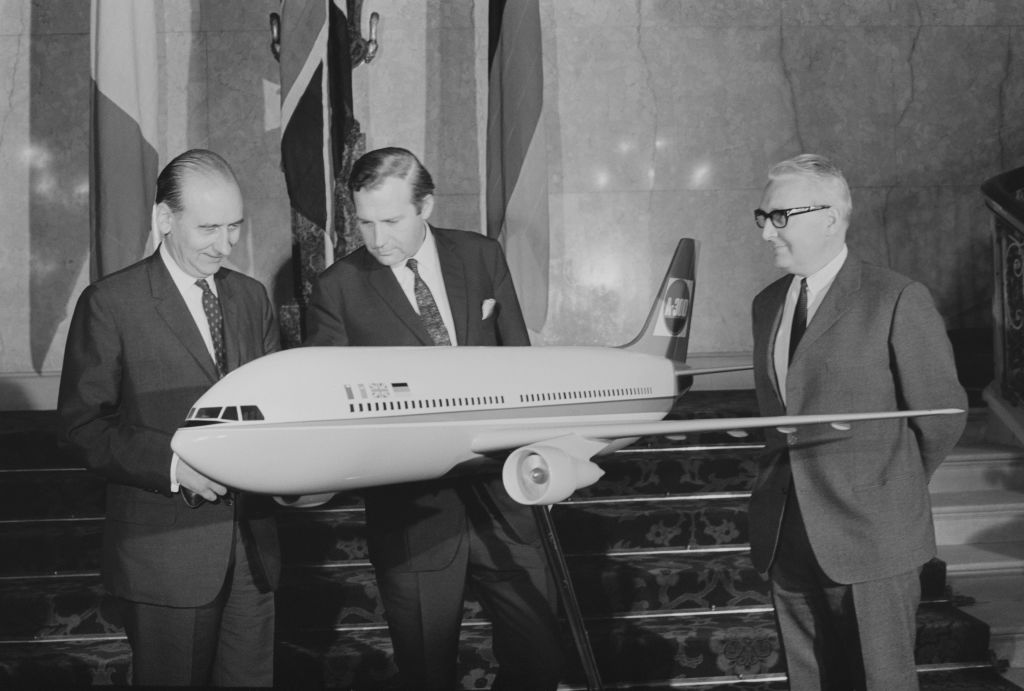 Keystone, Getty Images
Keystone, Getty Images
12. He Was Full Of Twists
In 1969, a Czechoslavakian defector and former spy, Josef Frolík, gave explosive testimony to the American intelligence services. Frolík asserted that John Stonehouse was not who he appeared to be. In fact, Frolík claimed that Stonehouse was one of their guys; a Czech spy operating under the name Agent Twister. He was full of twists, that’s for sure.
13. He Professed His Innocence
When then-prime minister, Harold Wilson, brought the accusations to John Stonehouse, he vehemently denied any involvement. Beyond, of course, his purportedly legitimate associations with the town of Kladno. It’s entirely possible, however, that Stonehouse was not even aware that he had been spying on behalf of the Czechoslovakians.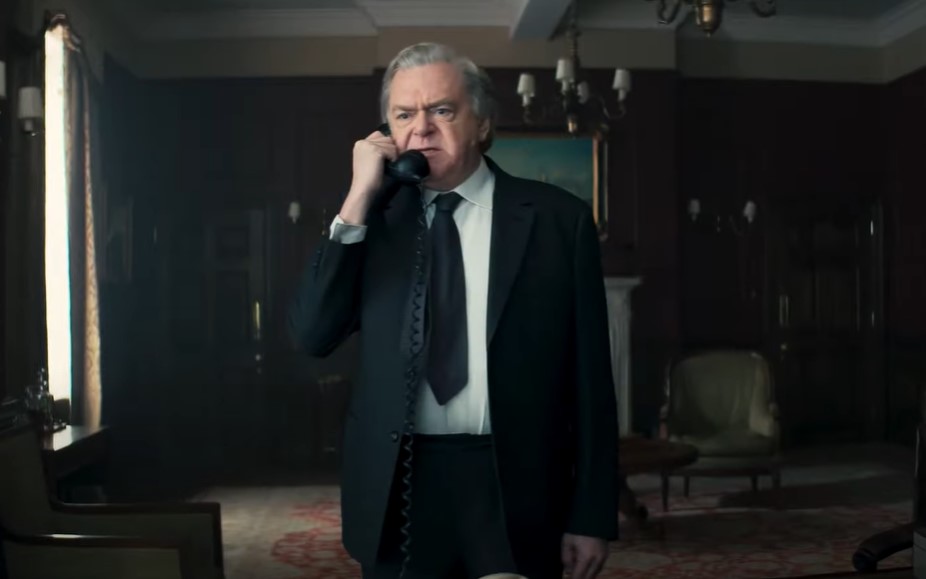 ITV, Stonehouse (2023)
ITV, Stonehouse (2023)
14. He Was No James Bond
Stonehouse’s great-nephew, Julian Hayes, stated, “He [Stonehouse] was not a spy in the sense of James Bond or the novels of John Le Carré”. After digging through the archival files, however, he’s convinced that the Czechoslavakians had Stonehouse exactly where they wanted him. “They massaged his ego and gained his trust”.
Too bad he wasn’t trustworthy.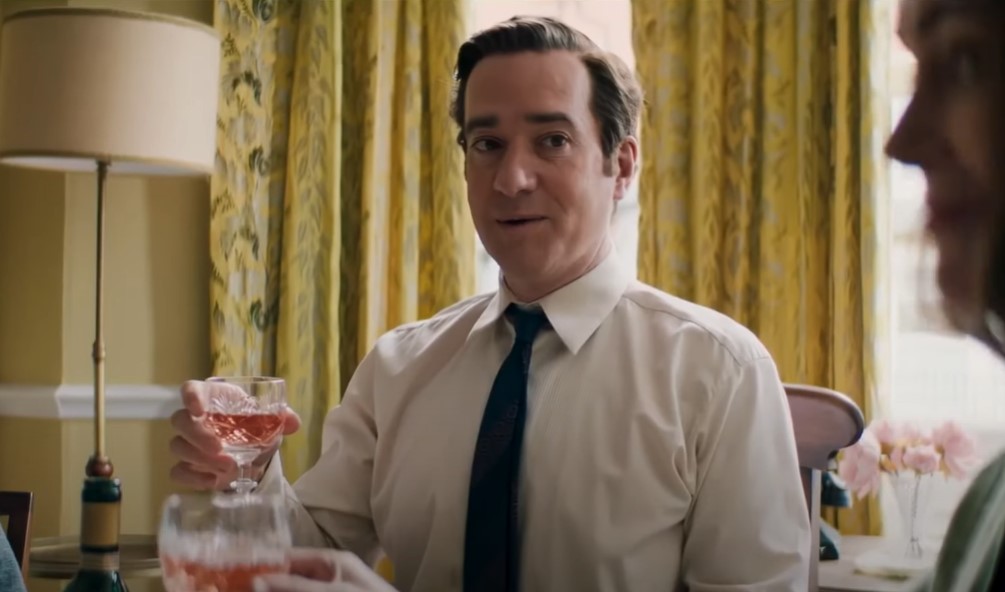 ITV, Stonehouse (2023)
ITV, Stonehouse (2023)
15. He Was Cashing The “Czechs”
Hayes further asserted that his great-uncle “knew what he was doing” because his Czech partnerships lined his pockets. According to Hayes, Stonehouse “provided the Czechs with information and got a lot of money from them”. But there’s another version to this wild story that paints Stonehouse in a very different light.
16. He Never Faced Charges Of Espionage
The allegations against Stonehouse dragged on for years and roped in one of Britain’s most recognizable political figures: Margaret Thatcher. But her involvement seems to have been nothing more than Stonehouse’s “clean-up”. She refused to ever bring charges against Stonehouse because, she claimed, there was never enough evidence.
That might have been because there was never any espionage.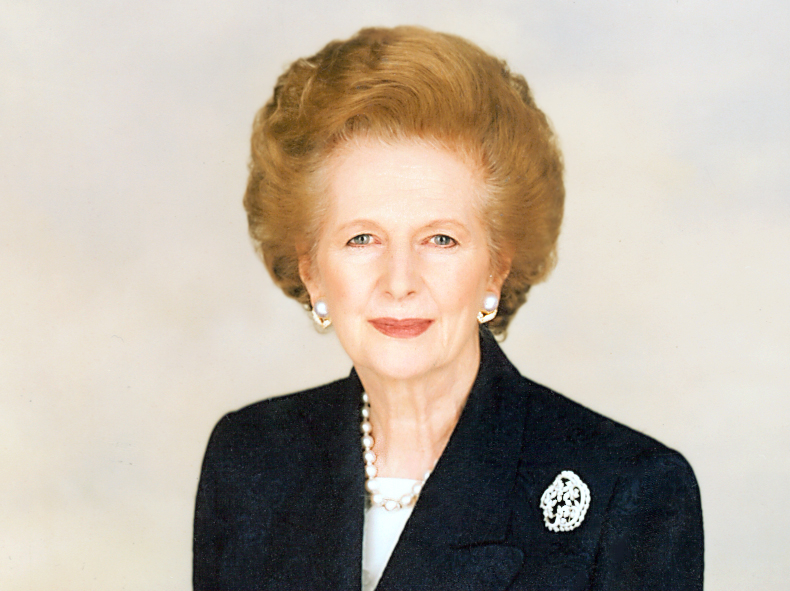 Terence Donovan, Wikimedia Commons
Terence Donovan, Wikimedia Commons
17. His Accuser Was A Liar
Two decades later, in 1989, Stonehouse’s accuser, the Czech spy, Frolík, passed. The dreaded part of his demise, however, was that he carried all of his secrets with him to the grave. But, according to reports from The Guardian, Frolík’s story might have been a total fabrication. The only secret that he was keeping was that he was a liar.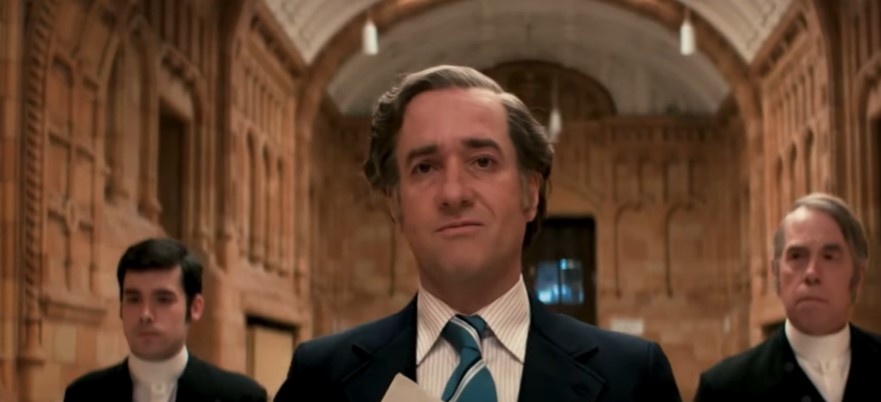 ITV, Stonehouse (2023)
ITV, Stonehouse (2023)
18. He Never Even Met The Czech Spies
The Guardian reports state that, by 1989, few people—if any—within the intelligence circles believed Frolík’s claims. He was, for all intents and purposes, persona non grata. See, the big problem with Frolík’s story was that he never actually met Stonehouse. Fortunately, the disgraced MP has had a staunch defender all these years. ITV, Stonehouse (2023)
ITV, Stonehouse (2023)
19. His Daughter Defended Him
In mid-July 2021, Stonehouse’s daughter, Julia, published a tell-all book about her father. In the explosively revelatory pages, Julia defended her father against the allegations of espionage. She stated that if her father received any money from the sale of the commercial planes, then it went to the Czech spies involved in the deal.
She did not, however, have the last word.
20. He Was In MI5’s Books
In the official history of Britain’s spy agency, MI5, there’s almost irrefutable evidence that John Stonehouse was an agent—of the enemy. In The Defence of the Realm, Cambridge historian Christopher Andrew laid out the case that Stonehouse, though lacking the sophistication of James Bond, was almost certainly an enemy spy.
So, where did all of that money go?
21. He Should Have Been Rich
It stands to reason that, if Stonehouse was a spy working for the Eastern bloc, he would have been flush with cash. But it’s not clear where that money went. However, in 1970, just around the time that he was “in business” with the Czechoslovakian authorities, he started up a number of business ventures. You might say, it allowed him to exercise his creative spirit.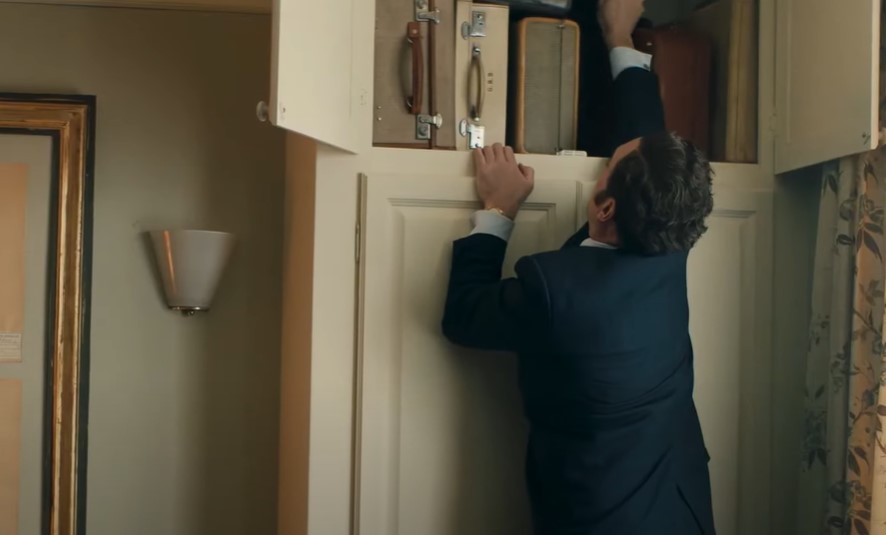 ITV, Stonehouse (2023)
ITV, Stonehouse (2023)
22. He Got Creative
Between 1970 and 1974, Stonehouse’s business ventures all went belly-up. If he had been using them to launder spy money, he clearly wasn’t doing it very well. Or, maybe he was just doing it too well. The Department of Trade and Industry began investigating his books and found that he had been using “deceptive creative accounting”.
23. He Knew He Was Under Investigation
With the Department of Trade and Industry snooping around his affairs in 1974, Stonehouse knew that he had to do something. What he decided to do in the end certainly did not help his case if he ever wanted to prove that he wasn’t a spy. After all, assuming false identities might as well be the opening chapter of Espionage for Dummies.
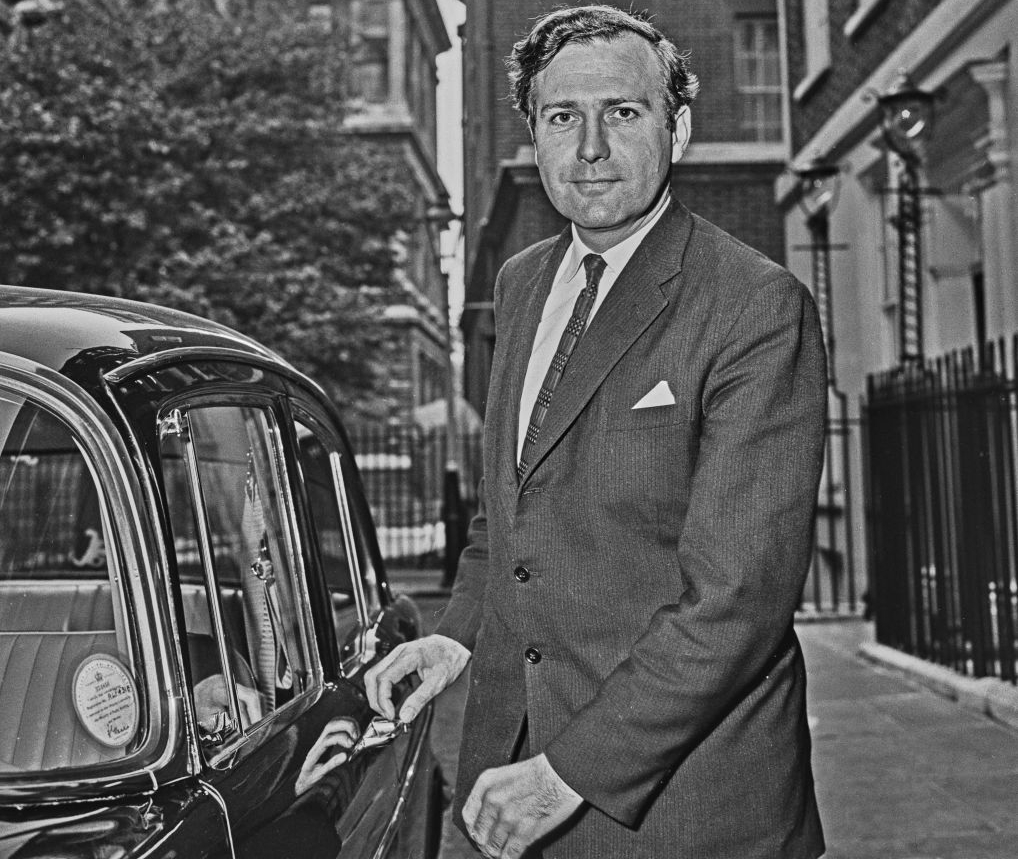 Evening Standard, Getty Images
Evening Standard, Getty Images
24. He Represented His Constituents—Literally
Seeing the walls closing in, John Stonehouse did the only thing that a true spy would do: He changed his identity. Clever as he was, he scoured the records of the recently deceased people in his constituency, looking for a male of approximately his own age and appearance. As an MP, he was determined to represent his constituents as literally as possible.
25. He Hatched His Master Plan
Turns out, Stonehouse had more than just a few options to choose from. He could be just about anyone he wanted. Ultimately, he landed on the late Joseph Markham and Donald Clive Mildoon. Now, he just had to learn to play the part of these men if he was going to truly assume their identities and pull off his master plan.
26. He Went Undercover
In what we can only assume was an attempt to get to know his new personas, John Stonehouse reached out to both Markham’s and Mildoon’s widows. Presumably, he visited these women under the guise of consoling them as their MP—but he had a more nefarious purpose.
In reality, he was gathering the information and documents that he needed to impersonate their dearly departed husbands.
27. He Became A Master Of Disguise
In 2005, the British government declassified secret documents pertaining to the Stonehouse investigation. These documents revealed just how dedicated Stonehouse was to pulling off his master plan. For months before his disappearance, he rehearsed his new identities. But he was a spy, not an actor. Clearly, he overestimated his powers of disguise.
28. He Had Some Fun In The Sun
By November 1974, Stonehouse believed that he was ready to assume his new identities for good. Full of confidence, he put the rest of his plan into motion. He flew to Miami Beach for what was, ostensibly, a bit of fun in the sun. He just had to convince everyone that he had, perhaps, had too much fun while vacationing.
29. He Was Shark Food
John Stonehouse left his clothes in a “neat bundle” in a locker near a beach. Then, he simply vanished into thin air. When authorities discovered his clothes sometime later, they believed the worst had happened. The official story was that Stonehouse had either drowned at sea or, worse yet, was making his way through a shark’s digestive tract.
30. He Had Obituaries
The terrible news of Labour MP John Stonehouse’s untimely demise made its way across the pond, back to England. Despite the fact that the Miami Beach authorities hadn’t located a body, the British newspapers began running obituaries for Stonehouse. It made for a sensational news story. Too bad it was a total fabrication.
31. He Abandoned His Family
After his disappearance, Stonehouse left behind his wife, Barbara Smith, and their three children. They had been married since 1948 and, despite his professional troubles, the marriage seemed to be going just fine. Naturally, Smith and her now seemingly fatherless three children mourned their tragic loss...but not for very long.
32. He Was Alive And Well
While the news of his tragic and unexpected “death” made its way across the Atlantic Ocean, John Stonehouse was making his way across the Pacific. Far from shark bait, he was alive and well. In fact, free from investigation and allegations of espionage, he had never been better. Plus, he had a hot date with a certain special lady.
33. He Wanted To Start Anew
Under his assumed identity, Stonehouse had boarded a plane to Australia—some 14,000 kilometers away from where he had gone missing. His plan all along had been to deceive the authorities into thinking that he had passed. In reality, however, he planned to start a new life in Australia with his secret lover. It was all going so well.
34. He Had A Younger Lover
It’s not exactly clear when, but at some point, John Stonehouse must have fallen out of love with his long-suffering wife, Barbara Smith. He had been keeping another secret—a secret lover, that is. At the time of his disappearance, Stonehouse was having an affair with his secretary, Sheila Buckley. She was a whopping 21 years his junior...but just as devious.
35. He Just Had To Lay Low
When he touched down in Australia, everything was going according to Stonehouse’s plan. The world believed that he was fertilizing the ocean floor while, in truth, he was Down Under catching sun rays with his much-too young girlfriend. All he had to do now was get the money from his “business ventures” and lay low. A cake walk for a spy.
36. He Made A Massive Deposit
Almost as soon as he landed, Stonehouse started moving money around in various accounts. Eventually, he arrived at a branch of the Bank of New Zealand and deposited a whopping $21,500 in cash under the name of Clive Mildoon. Far from laying low, Stonehouse—or “Mildoon”—stood out like a sore thumb. A sore thumb with two names.
37. He Got Caught
Shortly after making his deposit at the Bank of New Zealand, John Stonehouse went to the Bank of New South Wales. This time, under the alias of Joe Markham, he made another sizable cash deposit. There was just one problem. The teller from the first bank recognized Stonehouse at the Bank of New South Wales.
He had just violated the number one rule in espionage: don’t get caught.
38. His House Of Cards Came Down
After making some gentle inquiries, the teller learned that John Stonehouse had used a different name to deposit cash at the second bank. He knew immediately that Stonehouse was not who he claimed to be. He just didn’t know who he really was. Alarmed, the teller alerted the local authorities. Stonehouse’s house of cards was about to come tumbling down.
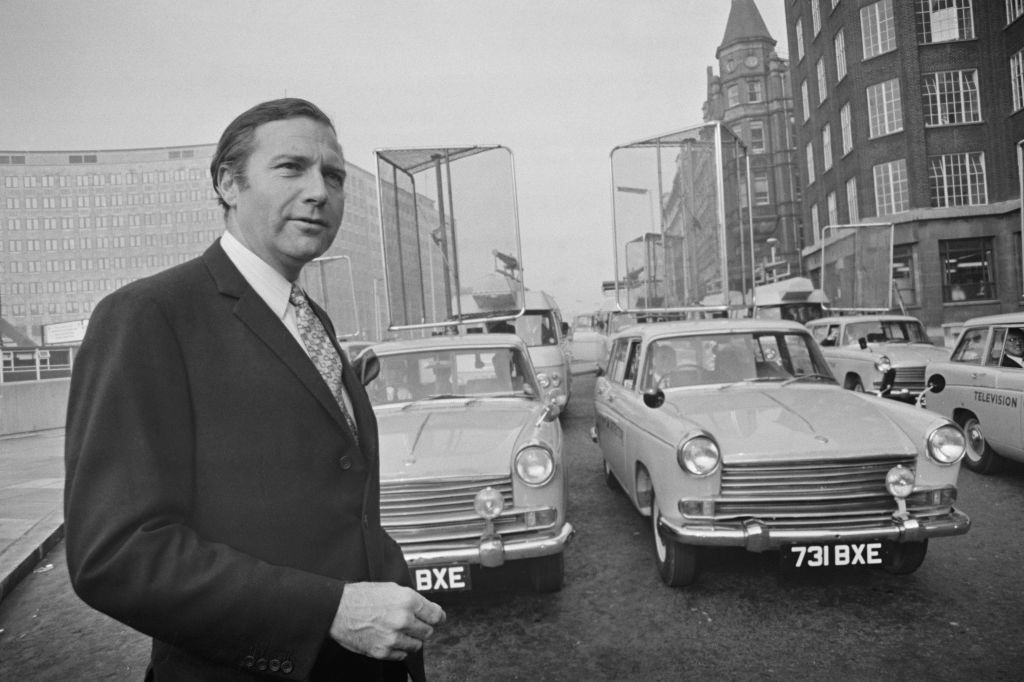 Evening Standard, Getty Images
Evening Standard, Getty Images
39. He Was Under Surveillance
John Stonehouse immediately took off for vacation with Buckley, traveling to Copenhagen. He likely believed that he was in the clear and could start living his new life. However, unbeknownst to him, when he returned to Australia, his ruse was just about to end. The local authorities had opened a surveillance operation on him.
40. He Was Possibly Lord Lucan
At first, the Australian authorities believed that Stonehouse was none other than Richard John Bingham, 7th Earl of Lucan. Lord Lucan had also disappeared under mysterious circumstances after the brutal bludgeoning of his nanny. But, when they spotted their suspect reading news stories about John Stonehouse, they knew they had a real prankster on their hands.
41. He Had To Do A Full Body Search
To the authorities, Stonehouse and Lord Lucan looked so much alike that there was only one way to tell them apart. A full body search. You see, medical records indicated that Lord Lucan had a distinctive scar on the inside of his right thigh. It would be awkward, but they would have to ask Stonehouse to show them everything.
42. He Had To Drop His Pants
The authorities took Stonehouse into custody on Christmas Eve in 1974, just over a month after he had disappeared from Miami Beach. In order to confirm his identity, they politely asked him to drop his trousers. When they didn’t see a scar, they knew they had found the MP, John Stonehouse. Obviously not shark-bitten.
43. His Wife Was Relieved—Kind Of
News that Stonehouse was not, in fact, a goner traveled even faster than news of his disappearance. While the news came as a relief for some, it was bittersweet to others. Namely, Stonehouse’s family. His wife, Barbara Smith, flew to Australia to reunite with her husband but she was in for yet another unpleasant surprise.
44. His Wife Left Him
As if the news that he was not “sleeping with fishes” wasn’t enough, Stonehouse sprang another surprise on his poor wife. Once she arrived in Australia, he asked her whether or not she would be ok if he continued his affair with Sheila Buckley. Her answer was pretty definitive. She flew back to Britain and filed for divorce.
45. He Went Back To Britain—And Parliament
After some time in an Australian lockup, Stonehouse returned to Britain—and his seat in Parliament! He remained in Brixton Prison until August 1975 when he secured his release on bail. At first, he remained tight-lipped about his disappearance and reemergence. But when he finally broke his silence, he only left everyone more confused.
46. He Spoke In The Third-Person
Stonehouse’s speech in the House of Commons had everyone scratching their heads. While speaking about the whole ordeal in the third-person, he explained that an Australian psychiatrist had diagnosed him with a mental breakdown because “the life of Stonehouse[...]had become absolutely intolerable to him”. Almost as intolerable as his excuses.
47. He Blamed Everyone Else
Throughout his oration, Stonehouse never claimed responsibility for his actions. Instead, he blamed everyone else—including the media. Still speaking in the third-person, he said that the “idealism in his political life had been utterly frustrated and finally destroyed” by events “beyond his control”. That’s not how the courts saw it.
48. He Finally Faced The Music
When John Stonehouse finally stood trial, his rap sheet was almost as long as a parliamentary bill. The prosecutor charged him with 21 counts of “fraud, theft, forgery, conspiracy to defraud” as well as “wasting time” for the goose chase he sent the authorities on. Once again, his behavior during the trial only perplexed onlookers.
49. He Was No Good At Escaping
Against his lawyer’s advice—and common sense—Stonehouse decided to represent himself at the trial. Needless to say, it did not go well. The court found him guilty and forced him to declare bankruptcy before sentencing him to seven years behind bars. If he was an actual Czech spy, he was terrible at escape plans.
50. He Didn’t Like Pop Music
Stonehouse finally resigned his government positions. Despite his appeals, however, he remained behind bars in HM Prison Wormwood Scrubs. It mustn’t have been that bad, though, because he only ever complained about the fact that they played pop music on the radio. Annoying music was, however, the very least of his coming troubles.
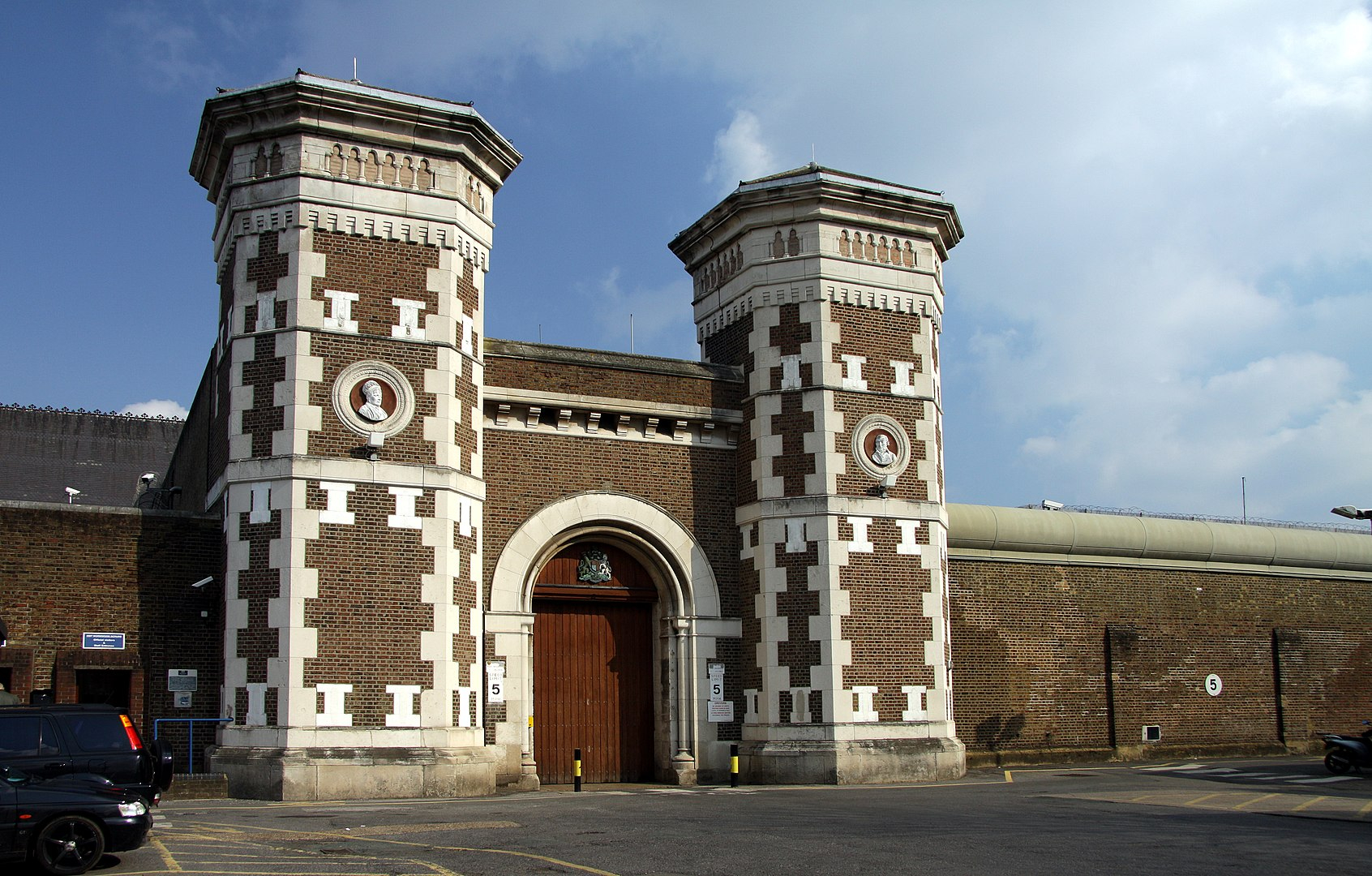 Chmee2, CC BY-SA 3.0 , Wikimedia Commons
Chmee2, CC BY-SA 3.0 , Wikimedia Commons
51. He Had A Bad Heart
A true spy would have swallowed a cyanide pill before getting caught, but John Stonehouse must have left his in Australia. Nevertheless, while behind bars, he suffered from no less than three heart attacks. The prosecutor, seeing his deteriorating health, took mercy on him and gave him an early release on compassionate grounds.
52. He Wrote Three Novels
Following his release, John Stonehouse married Sheila Buckley and settled into some semblance of a normal life. He returned to politics as a fundraiser and joined the Social Democrat Party. In his spare time, he managed to write three novels and made several television and radio appearances about his disappearance. But he could never get back what he lost.
53. He Left Nothing But Mystery Behind
Stonehouse’s health continued to deteriorate. In 1988, while on the set of Central Weekend in Birmingham, he suffered yet another heart attack and collapsed. After recovering in hospital, three weeks later, he suffered one final heart attack and passed. He left behind less than £70,000...and a whole lot of questions. Open Media Ltd., CC BY-SA 4.0, Wikimedia Commons
Open Media Ltd., CC BY-SA 4.0, Wikimedia Commons
54. He Was On Something The Whole Time
Stonehouse was a difficult man to figure out. It seems that no one really knew the real him—whoever he was. Spy, con man, or simply crazy. Decades after his passing, however, his daughter Julia Stonehouse offered the only seemingly logical explanation for her father’s illogical behavior.
She claimed that he was addicted to the hypnotic sedatives Mandrax and Mogadon.


